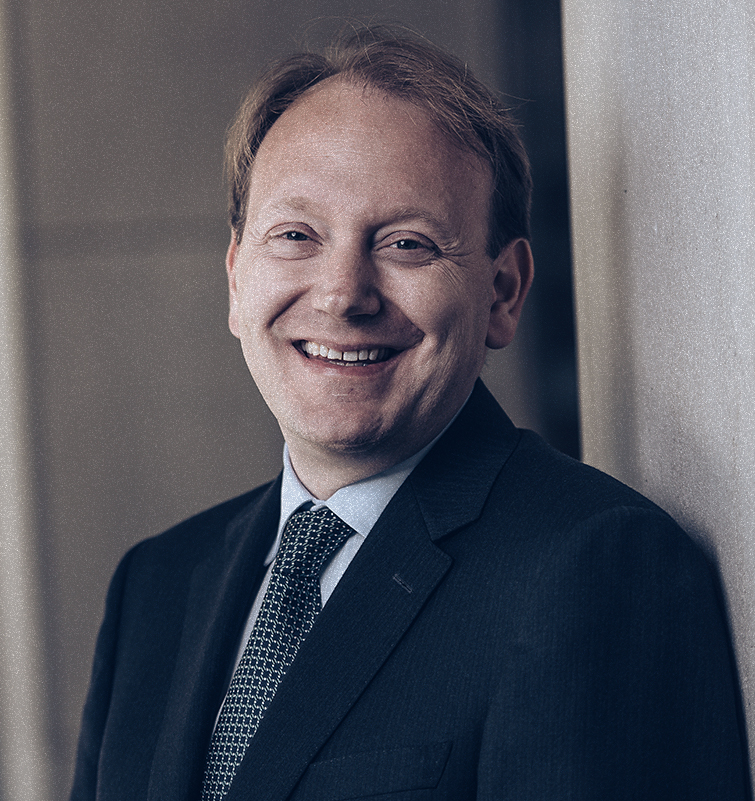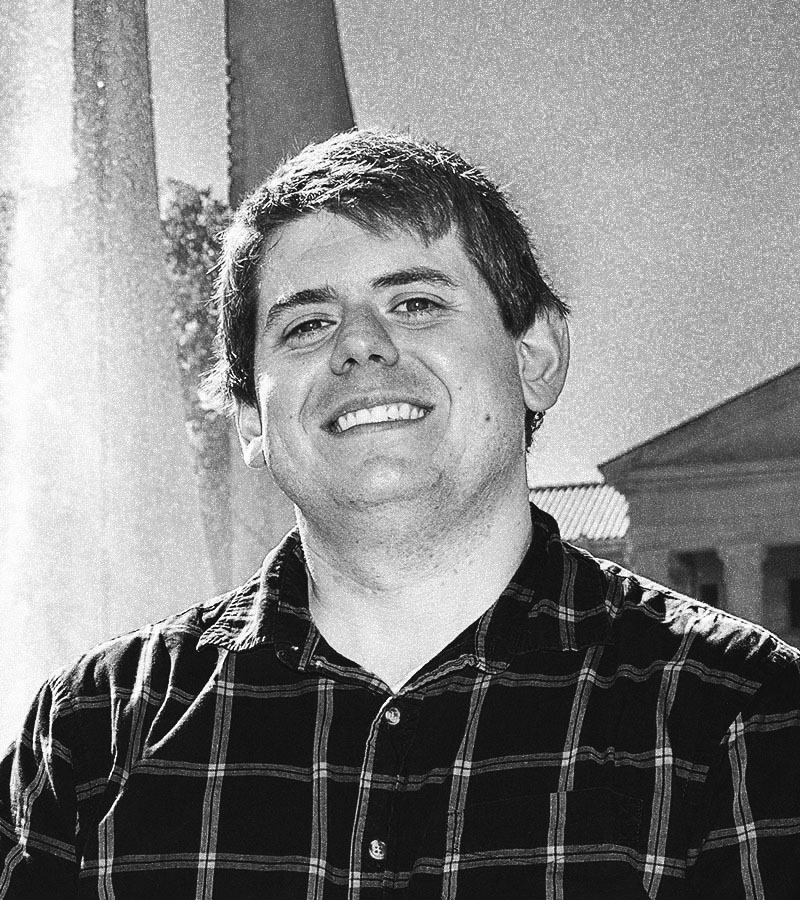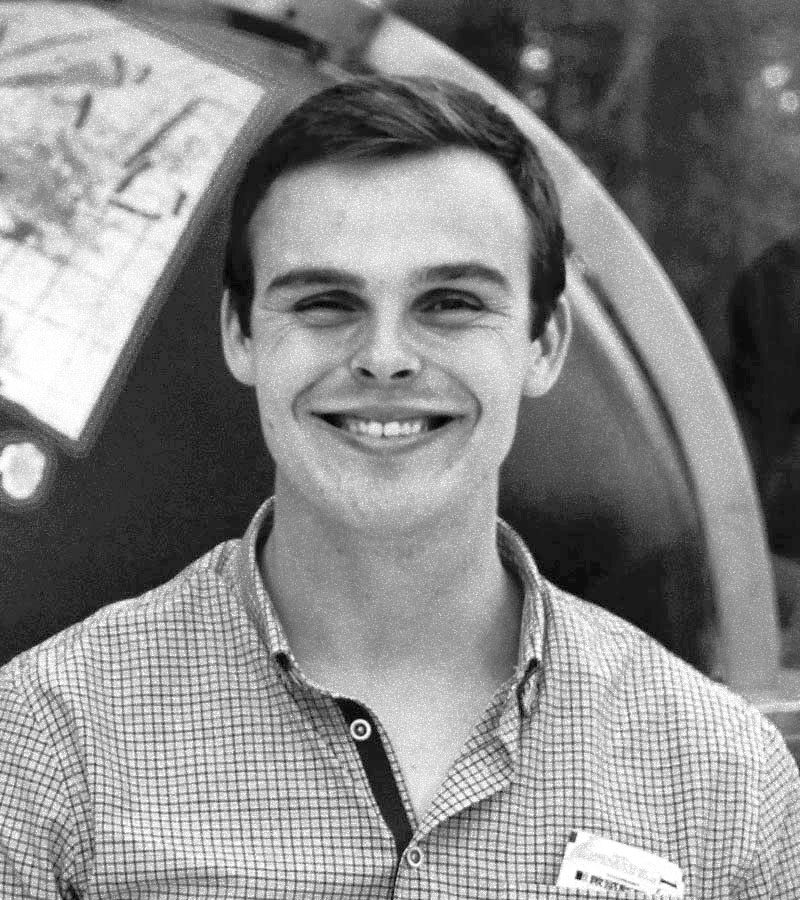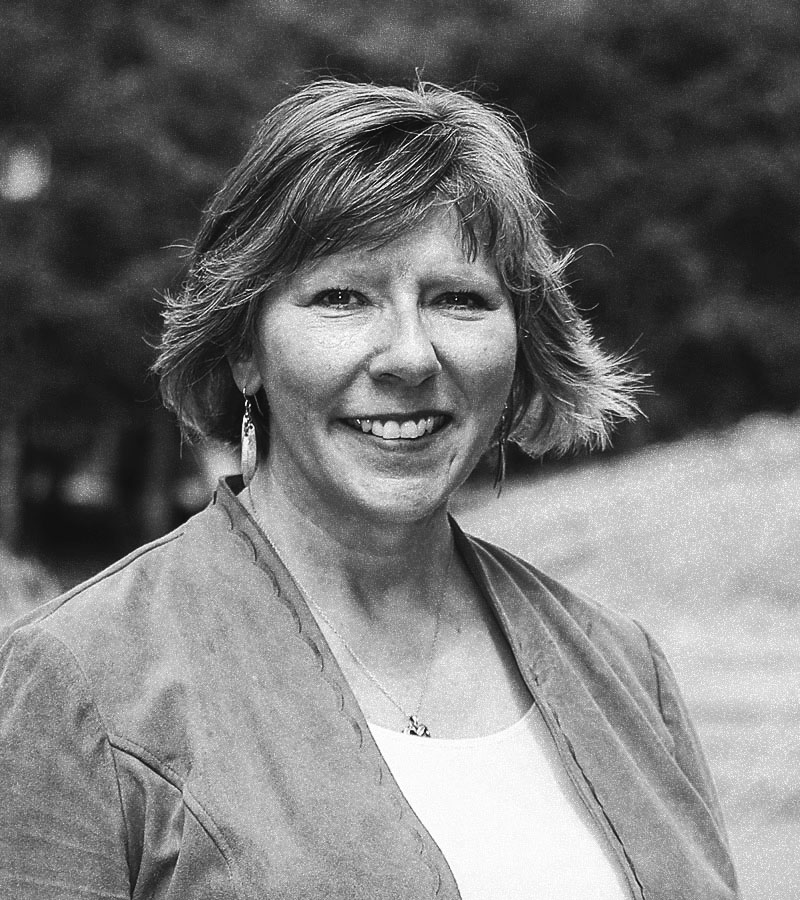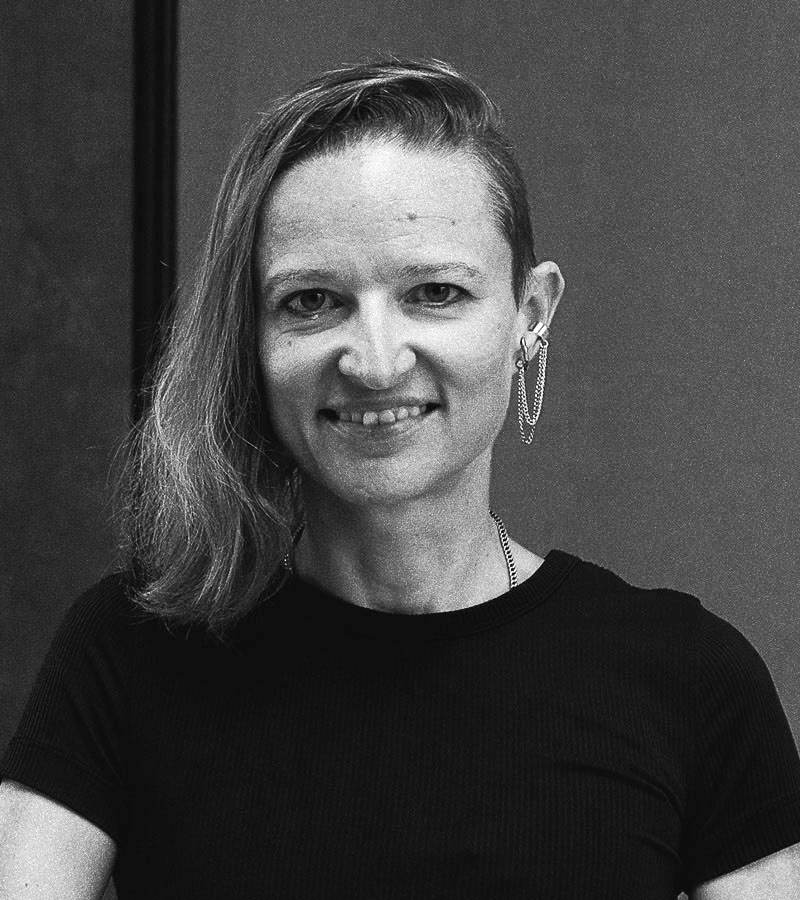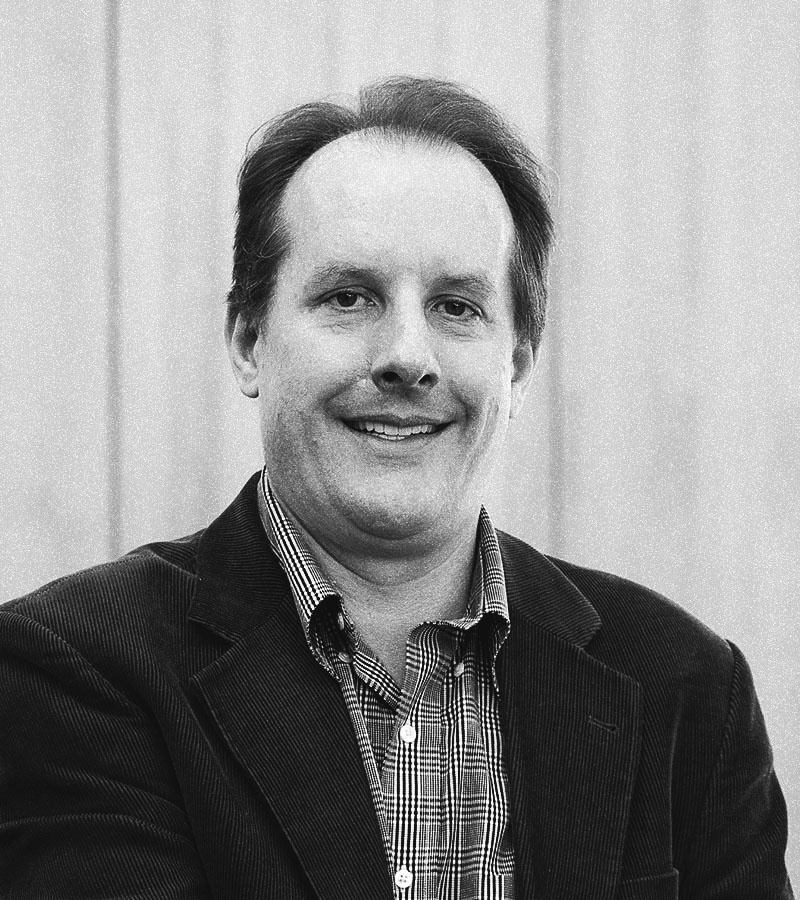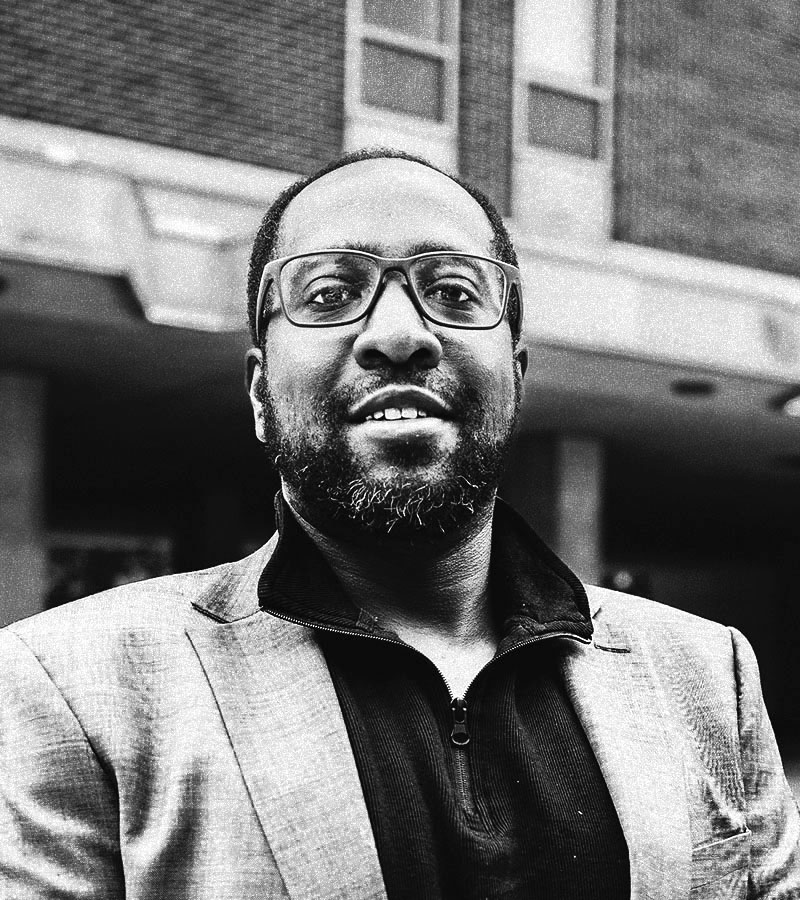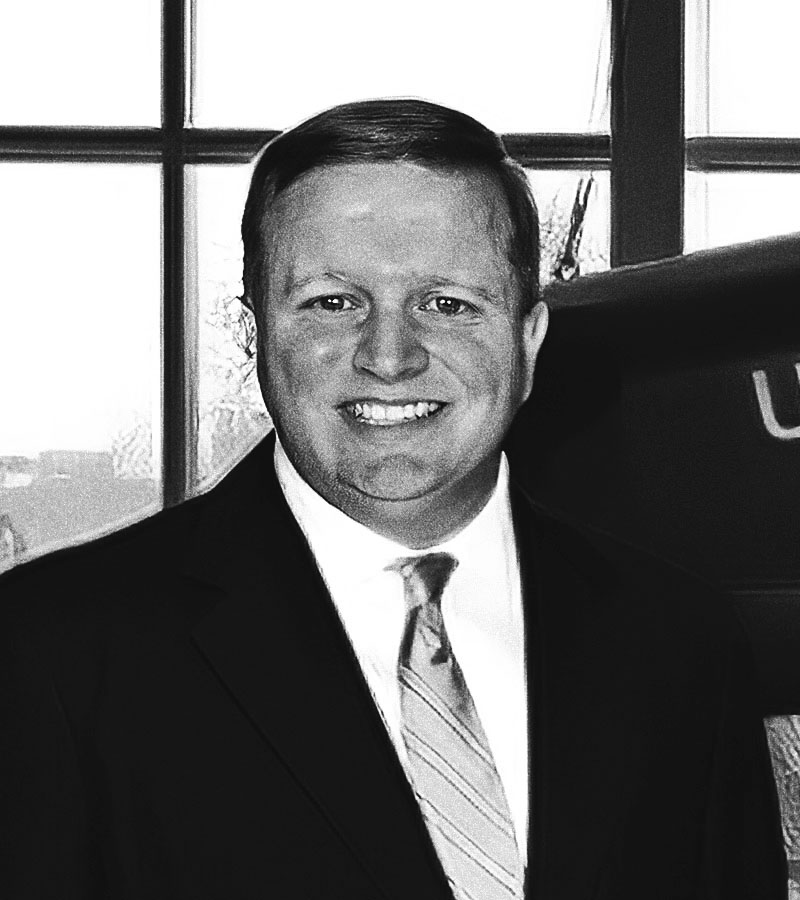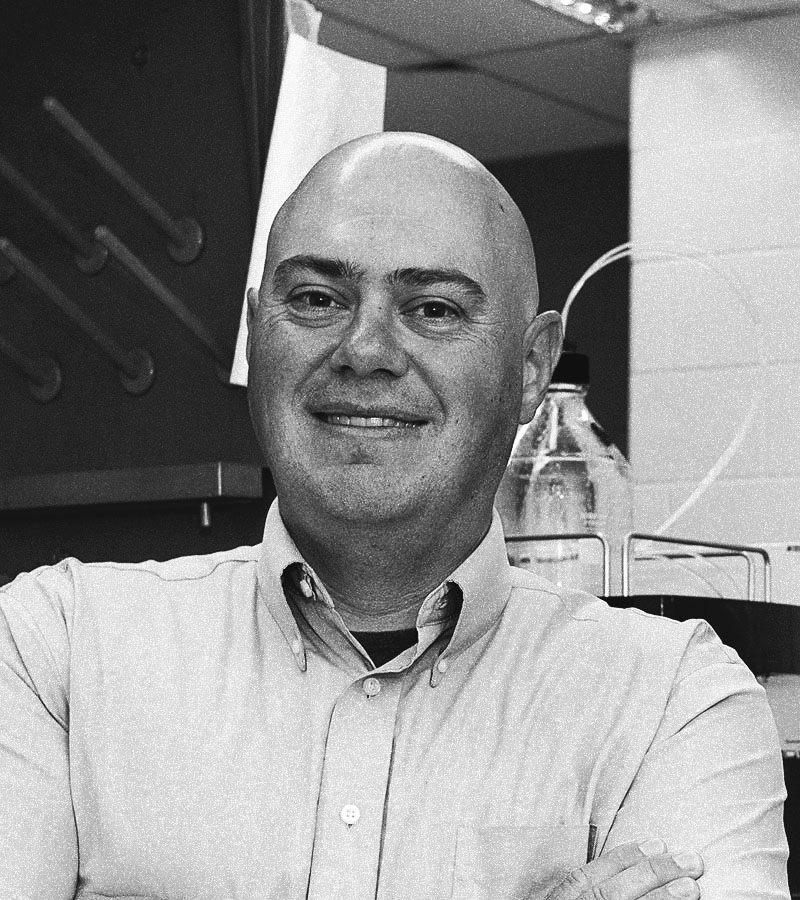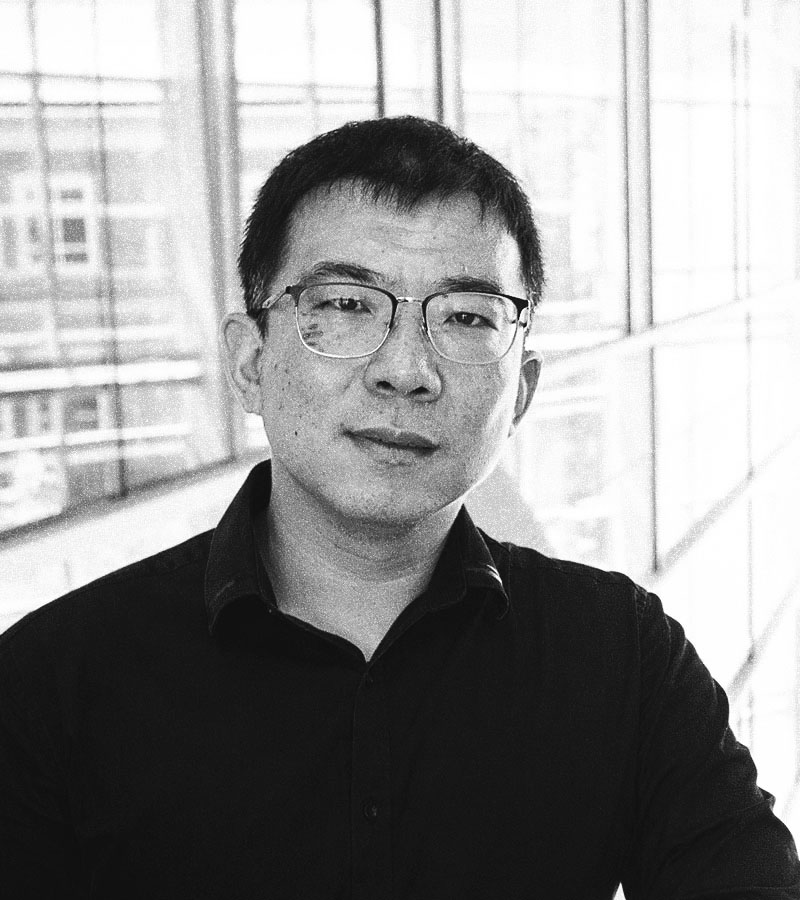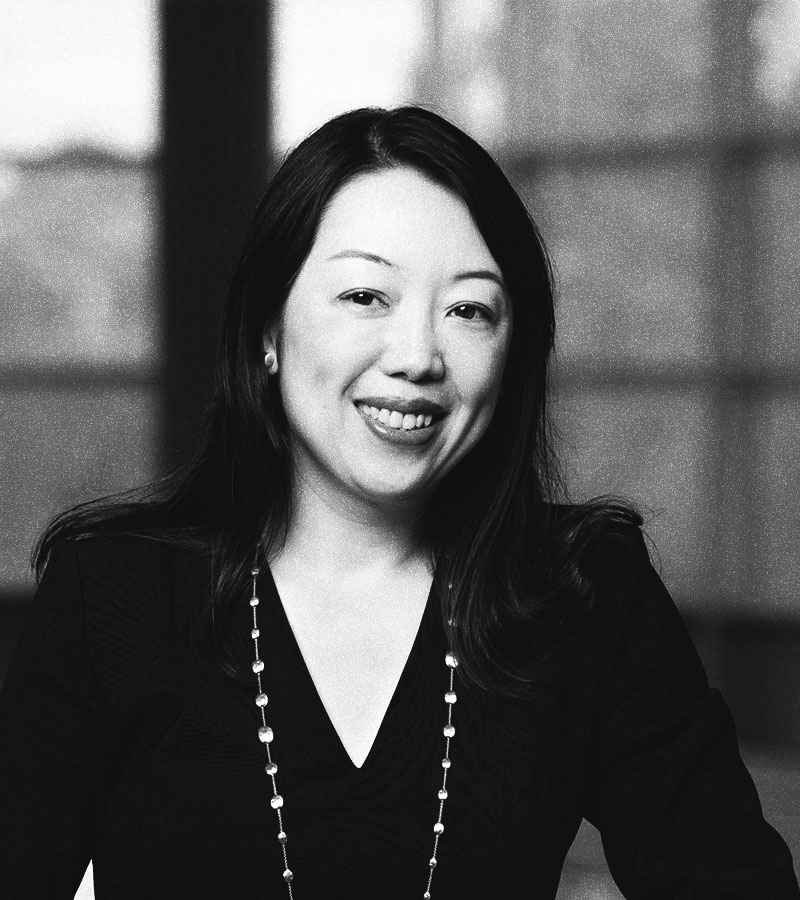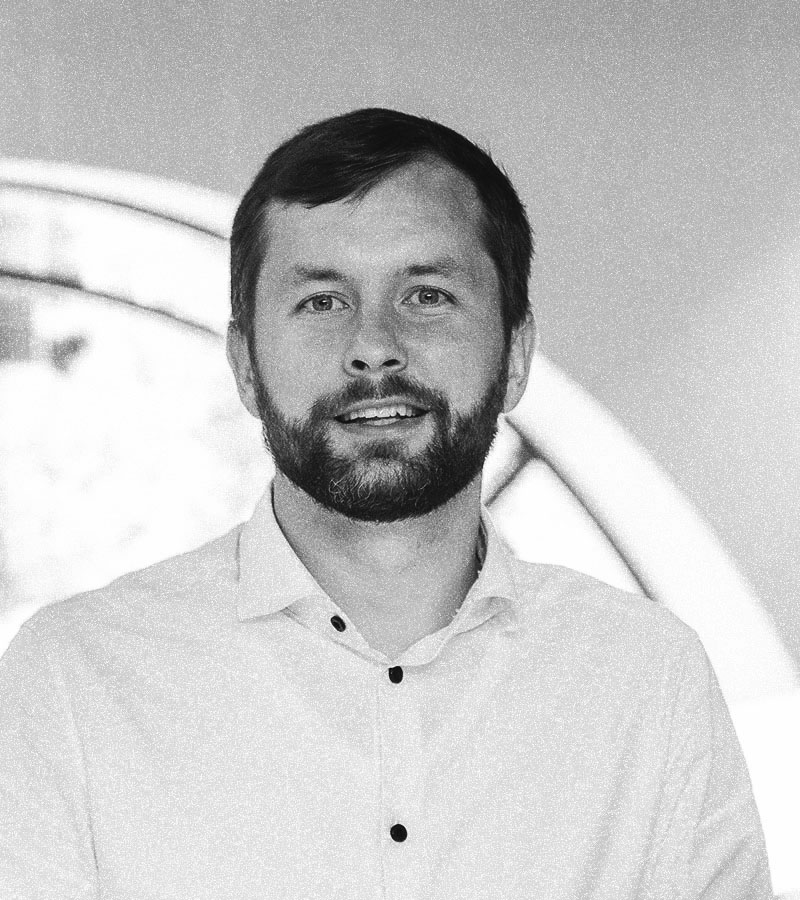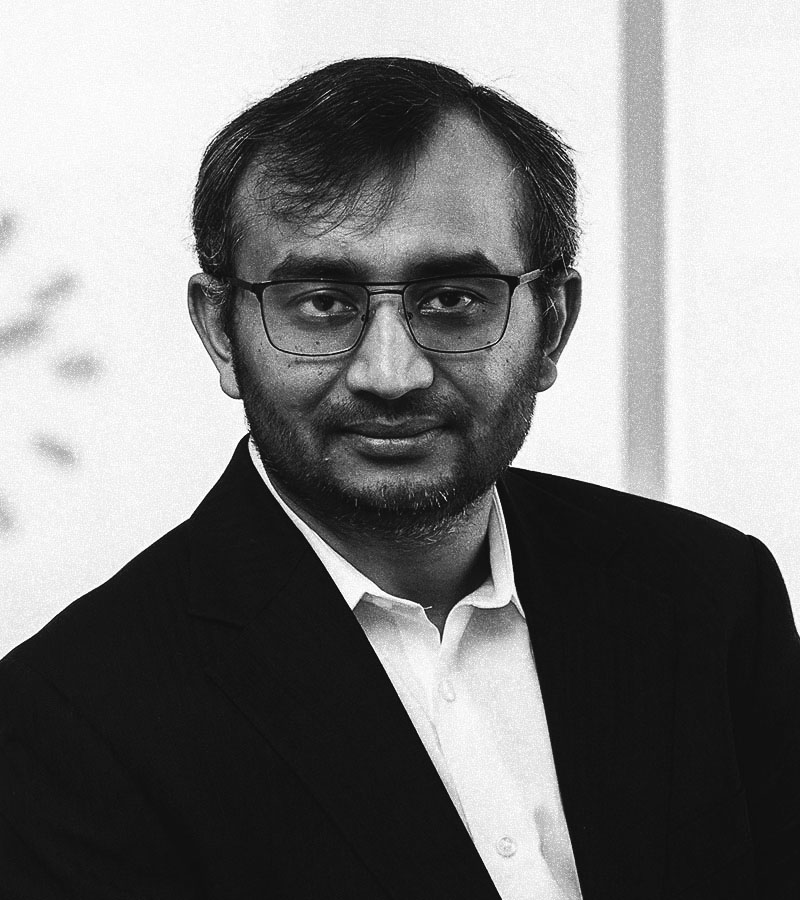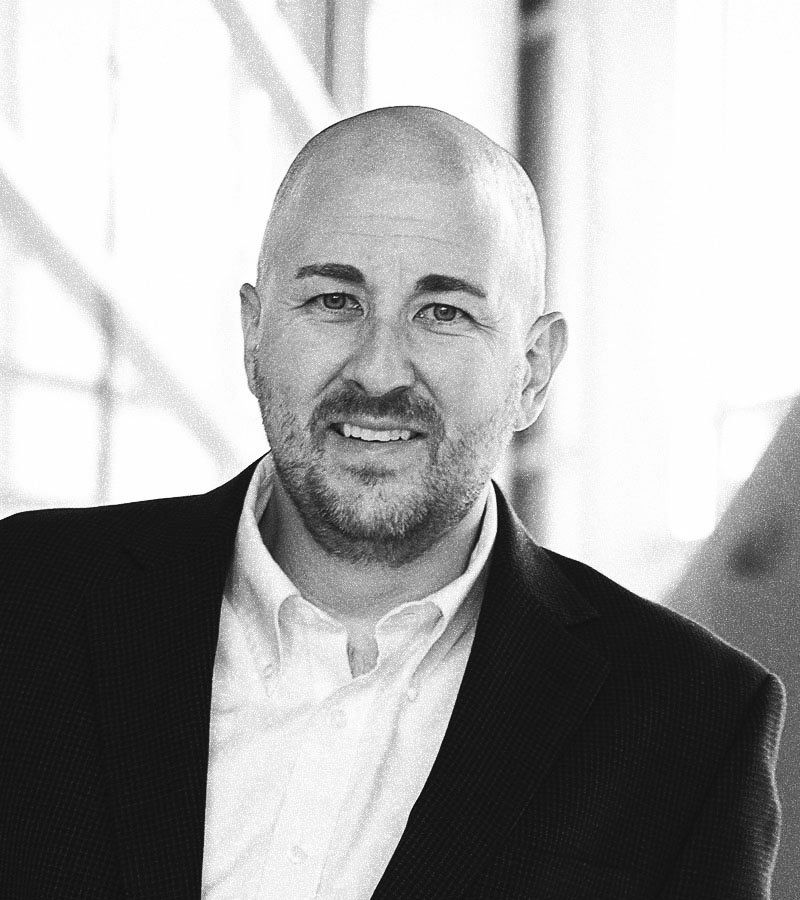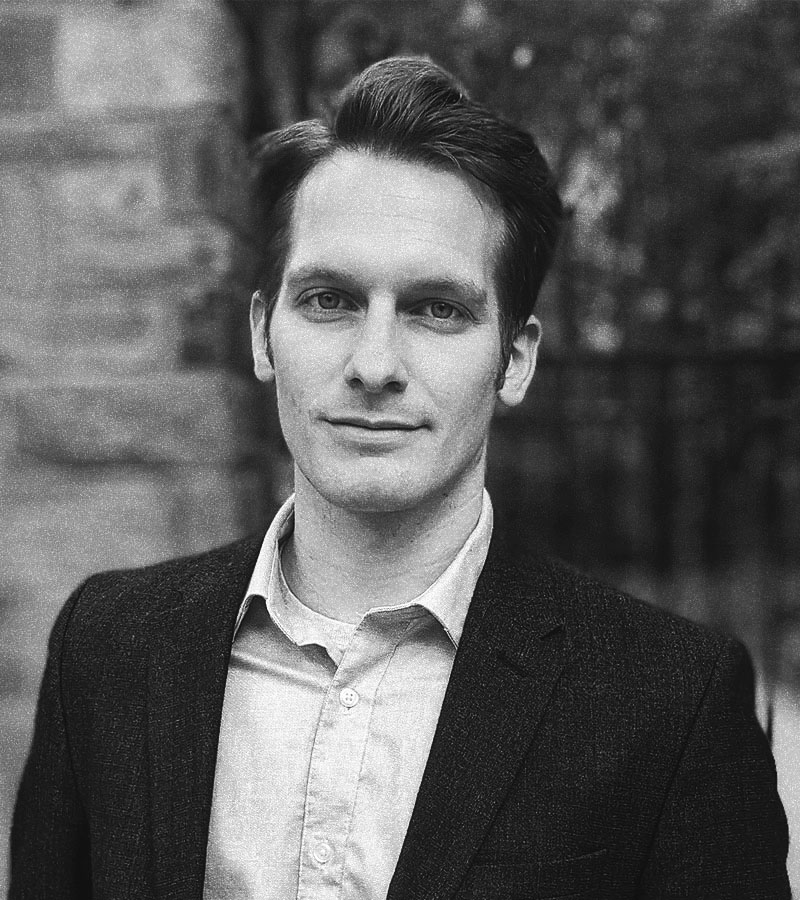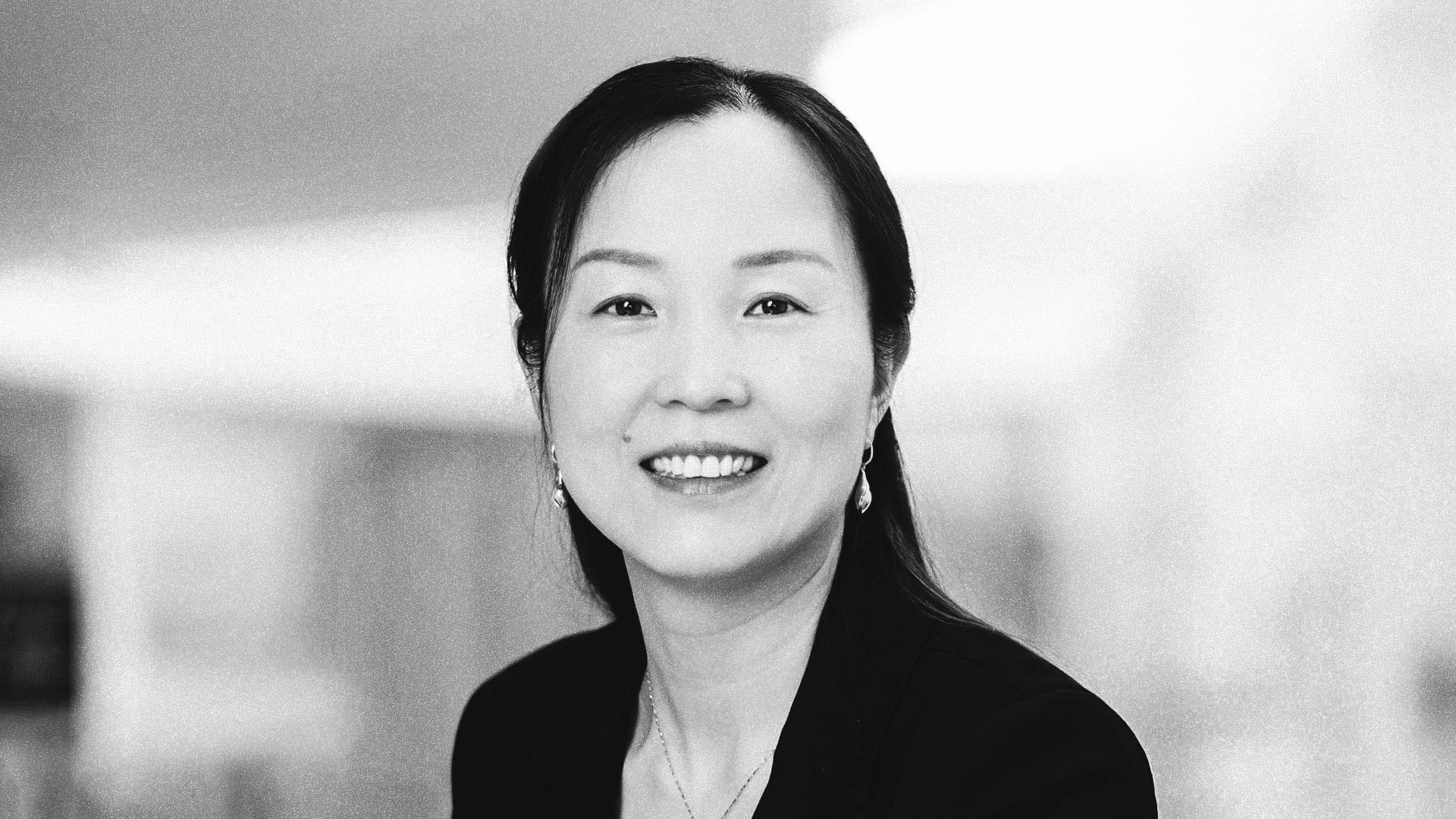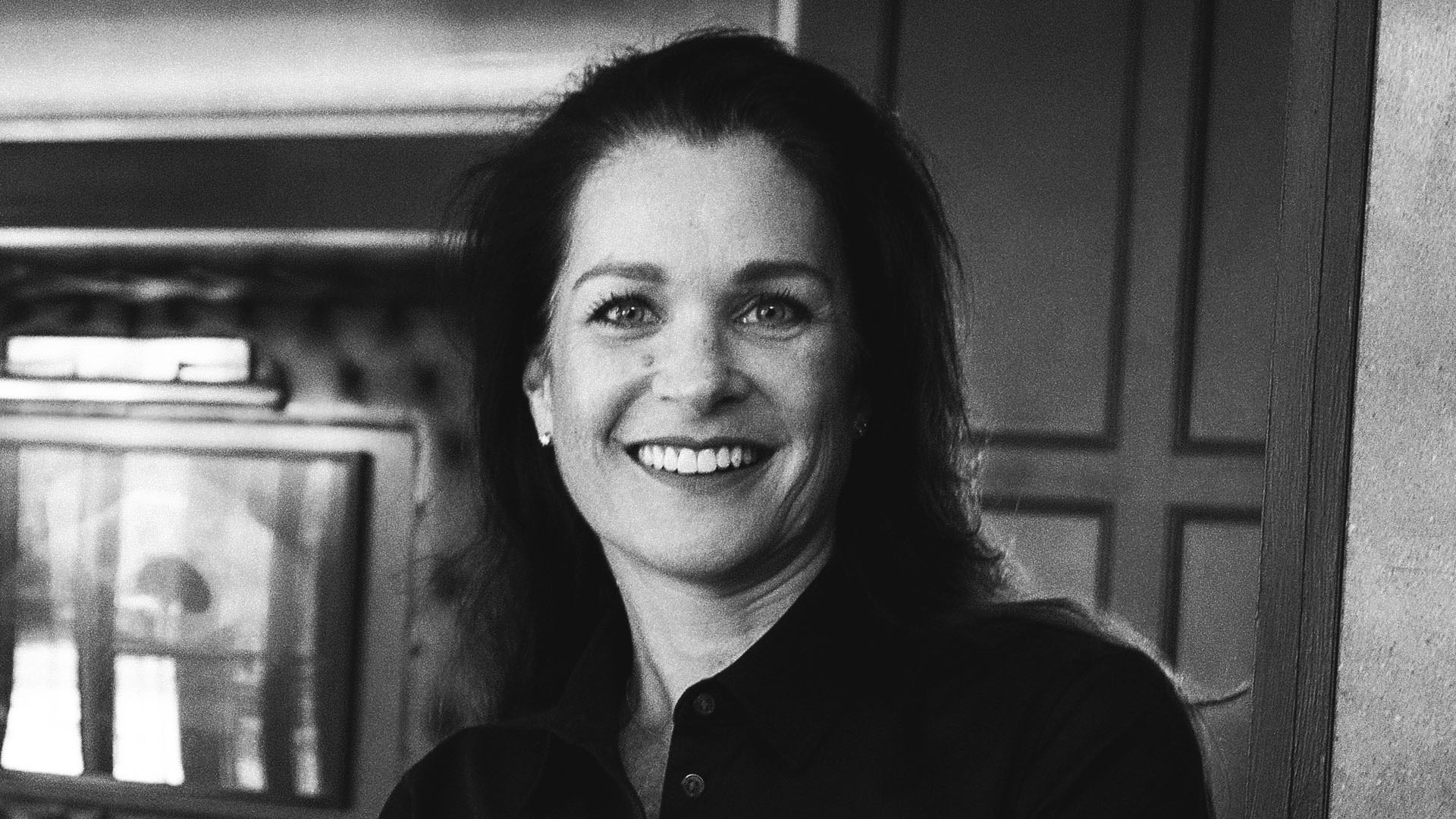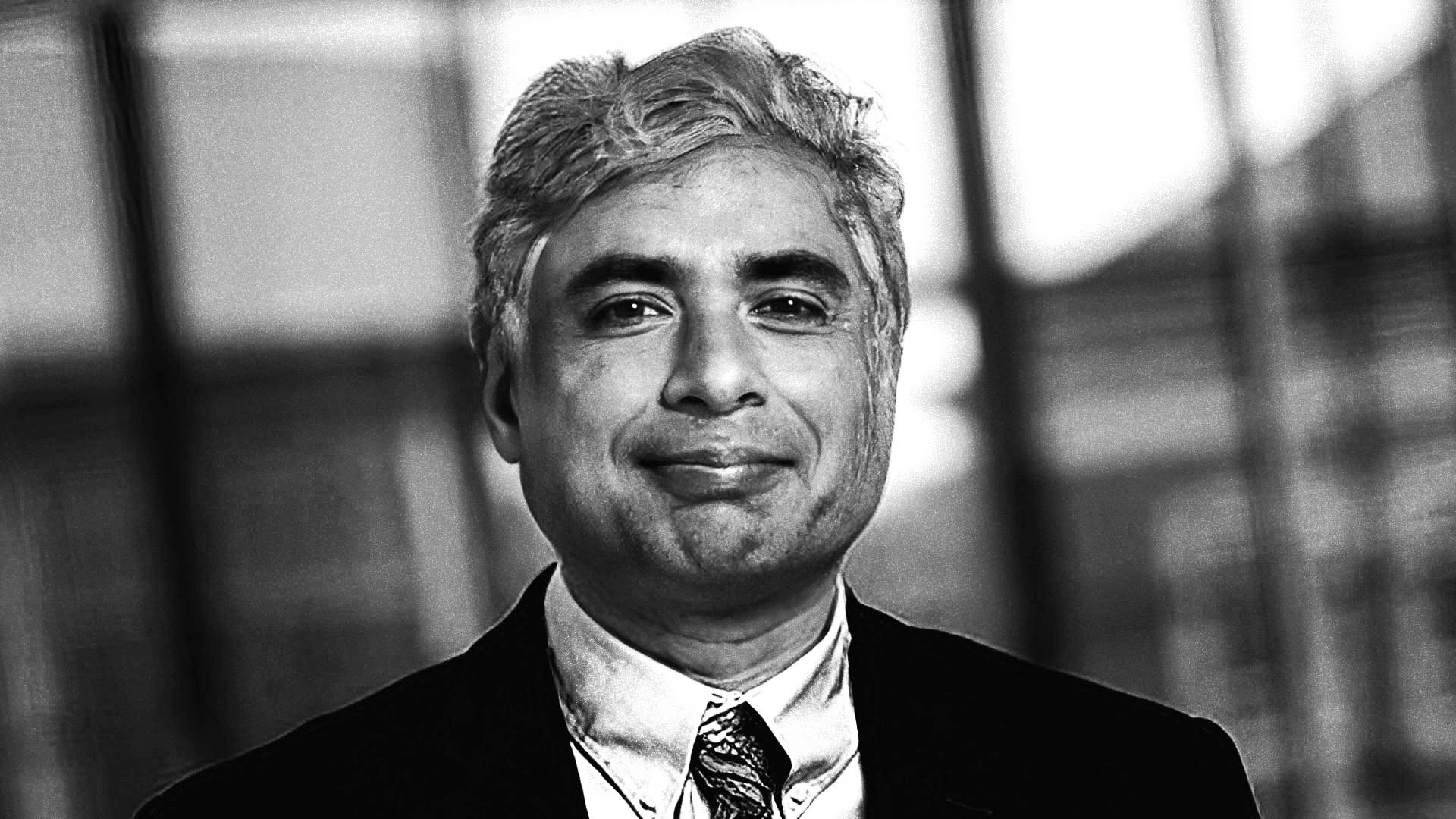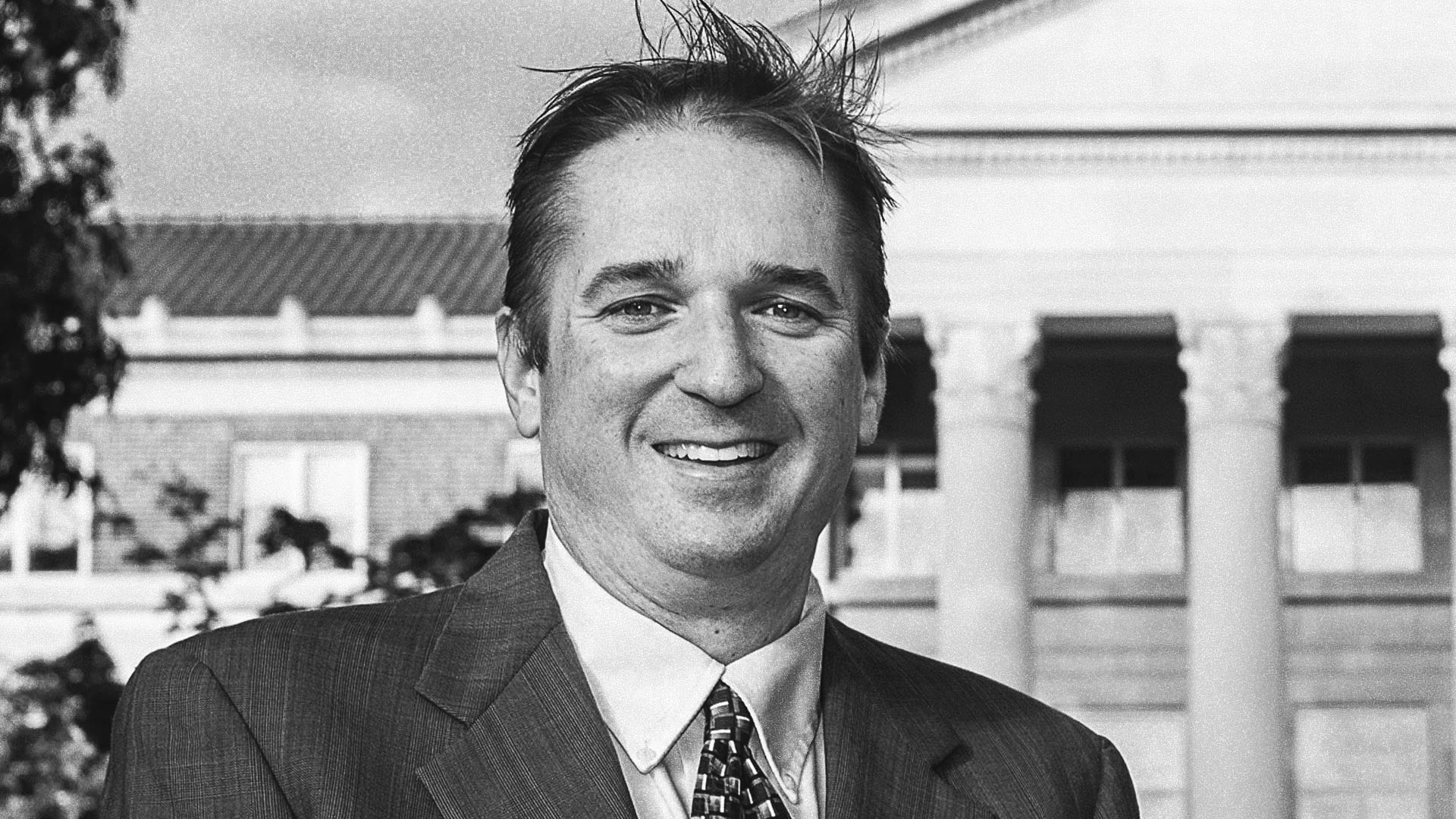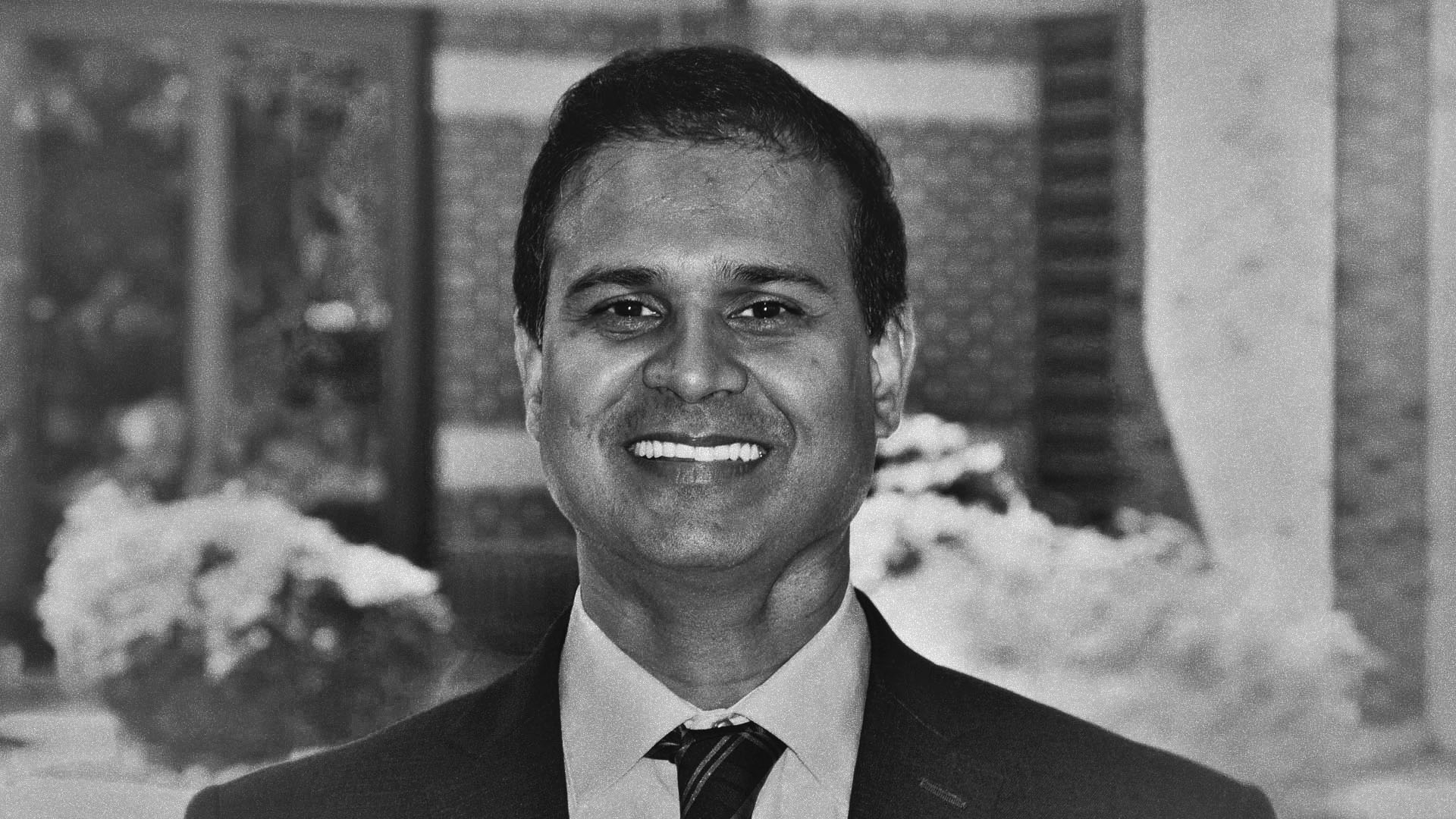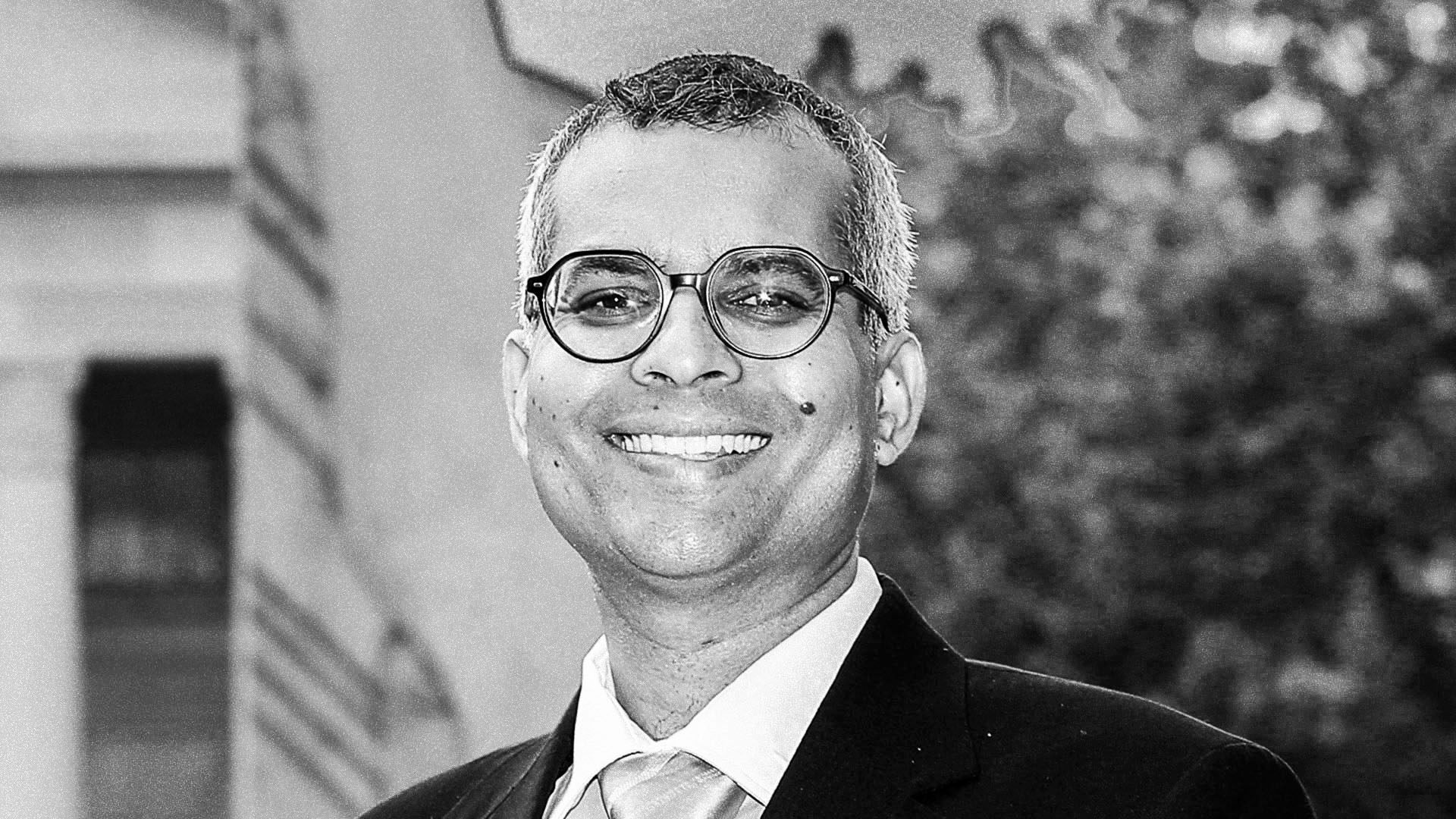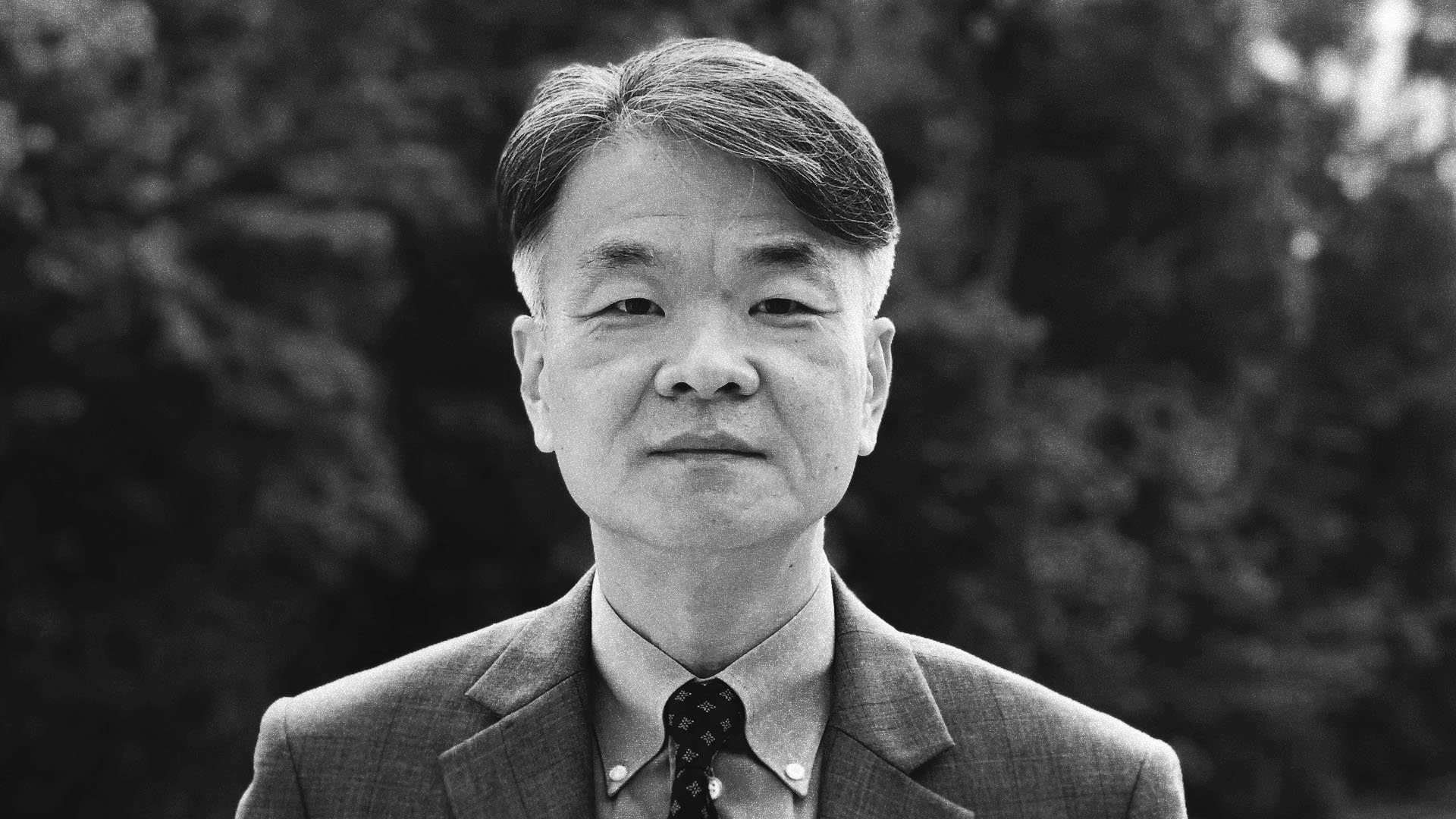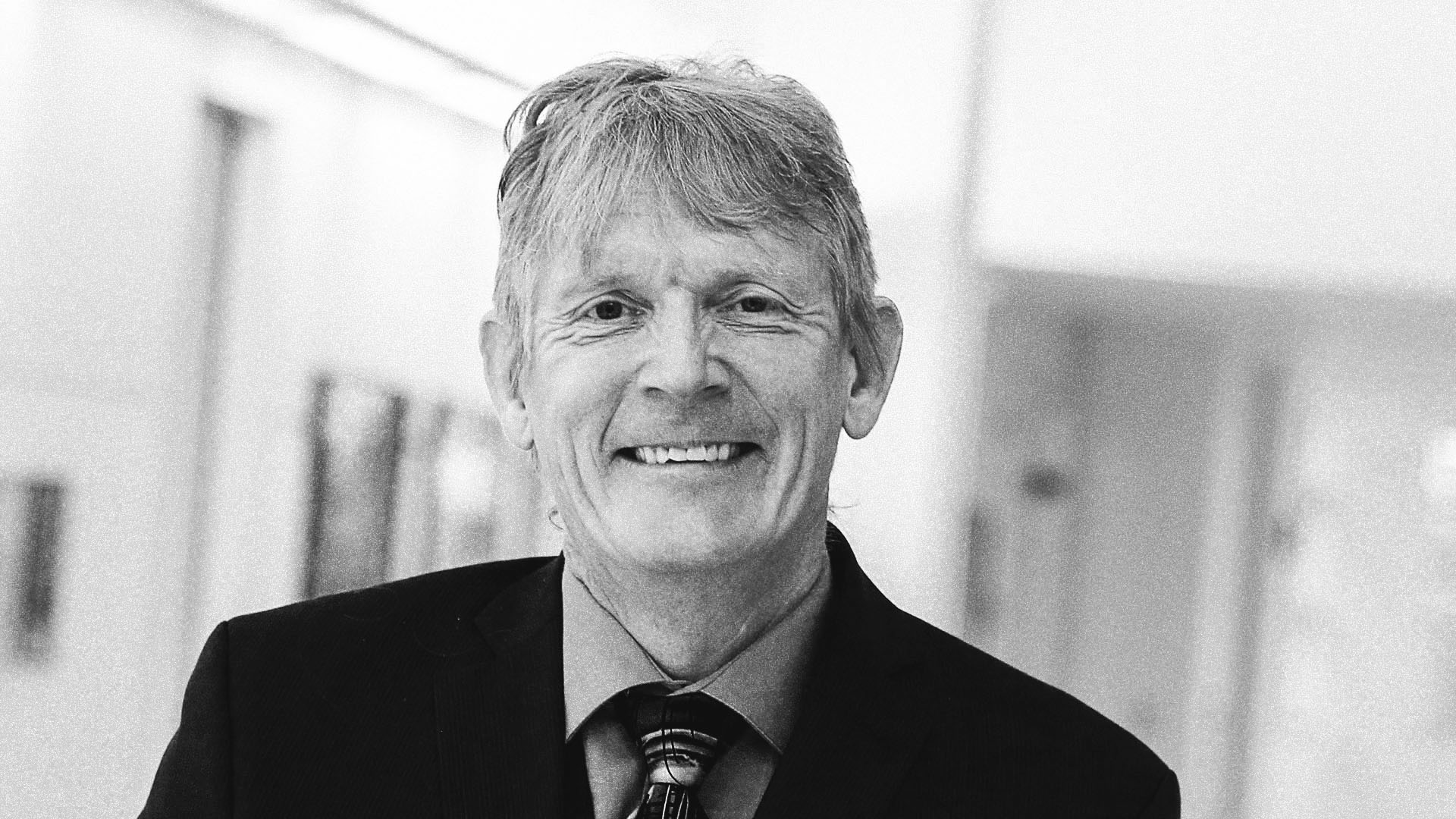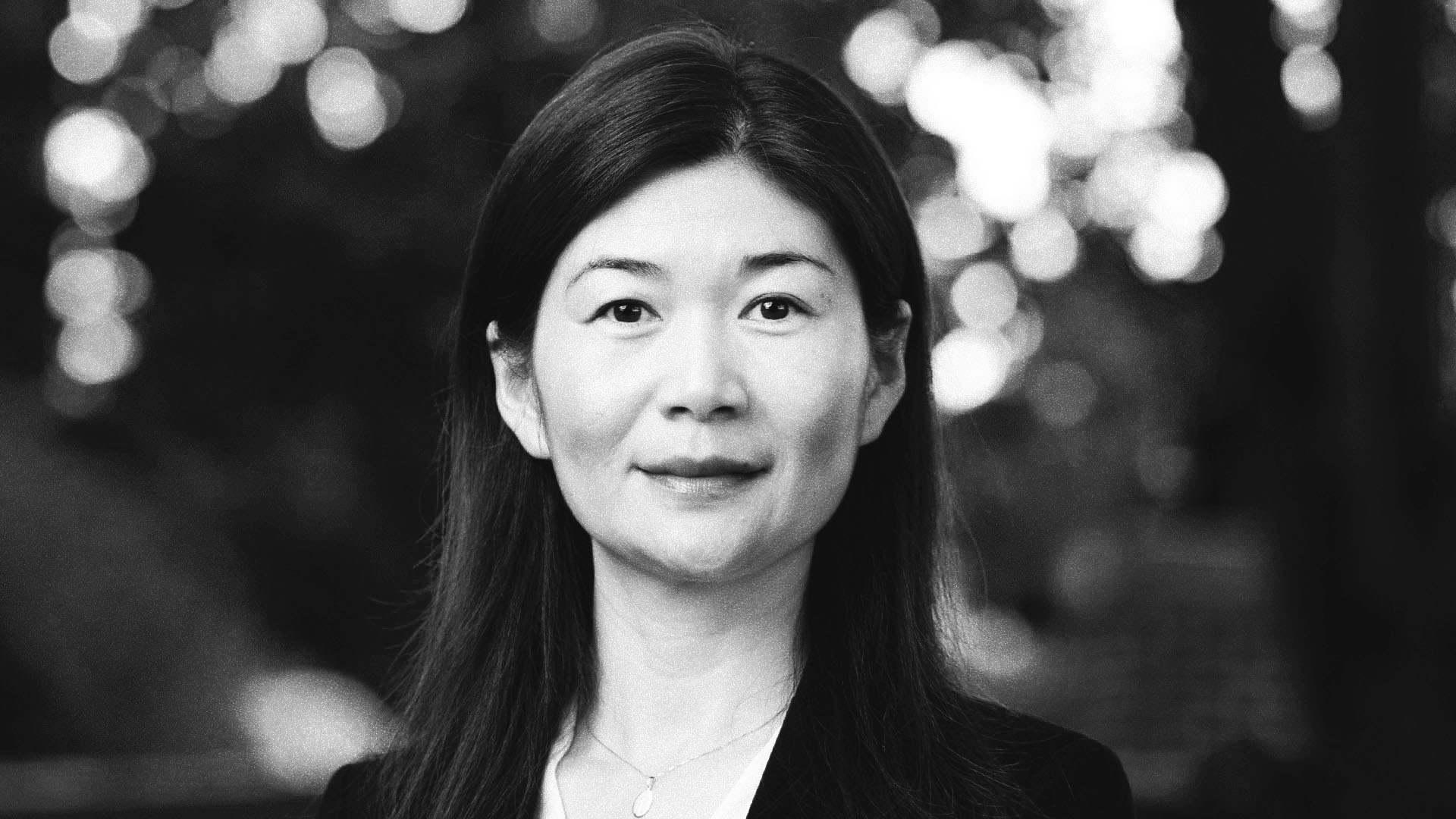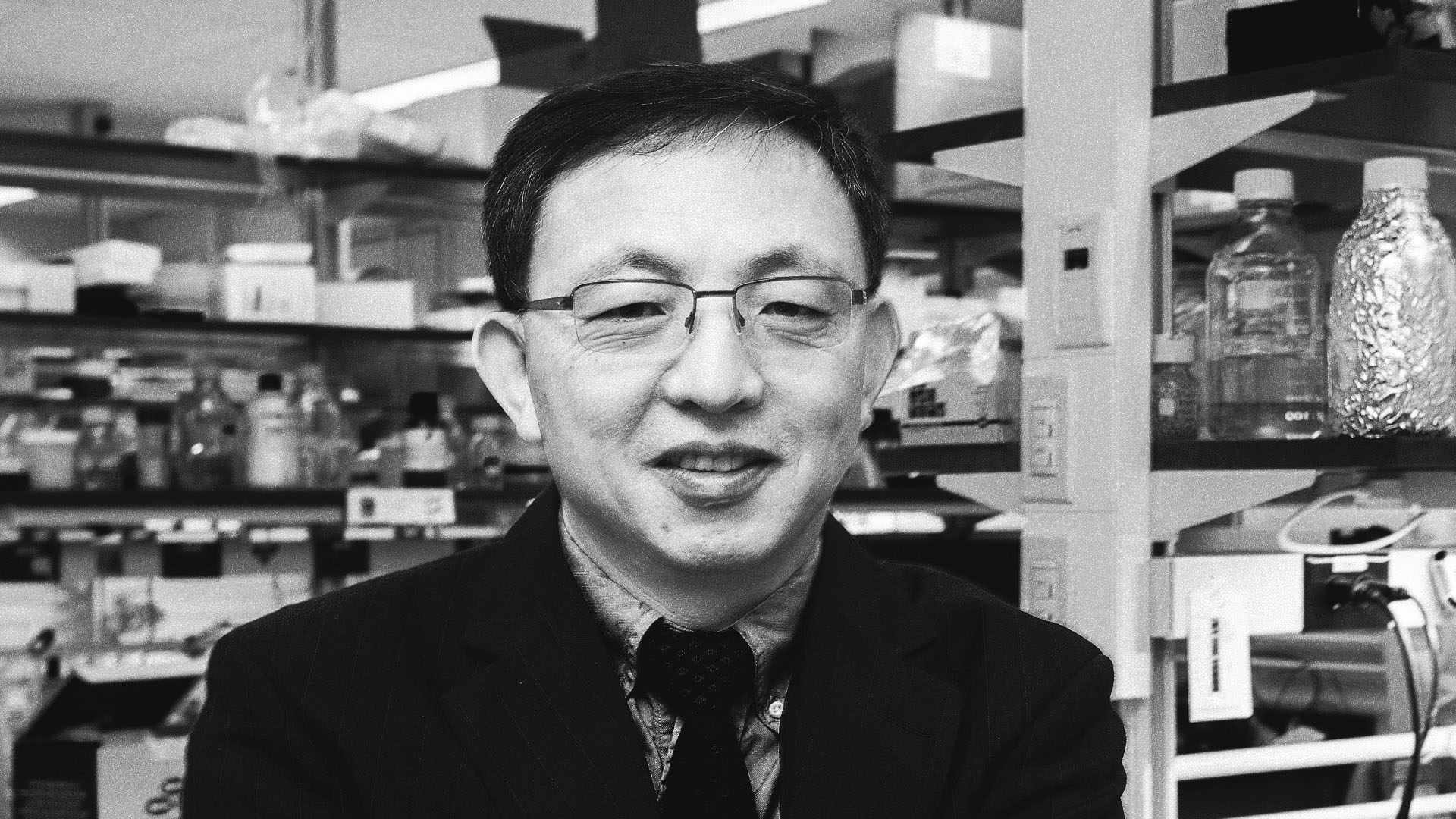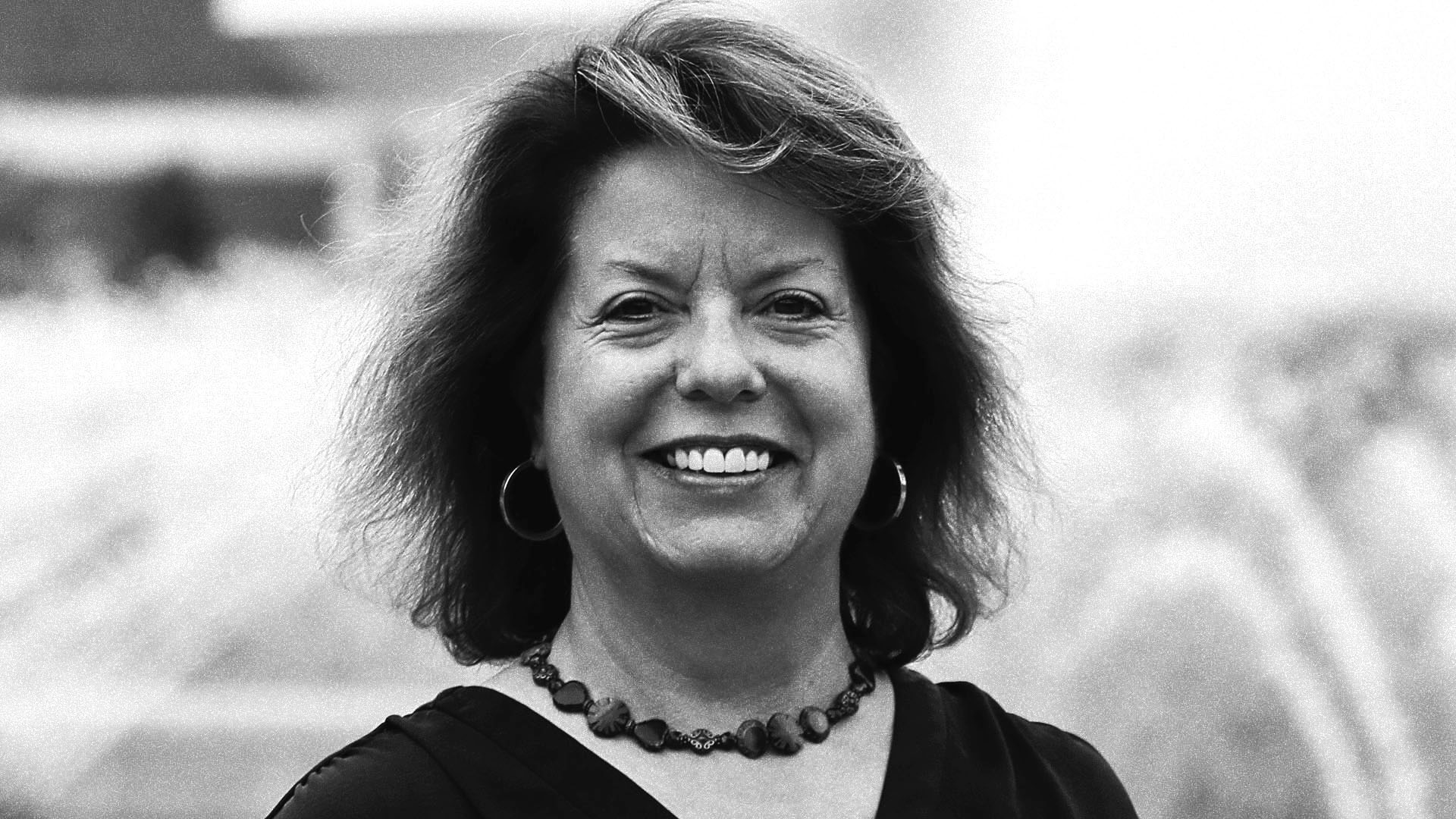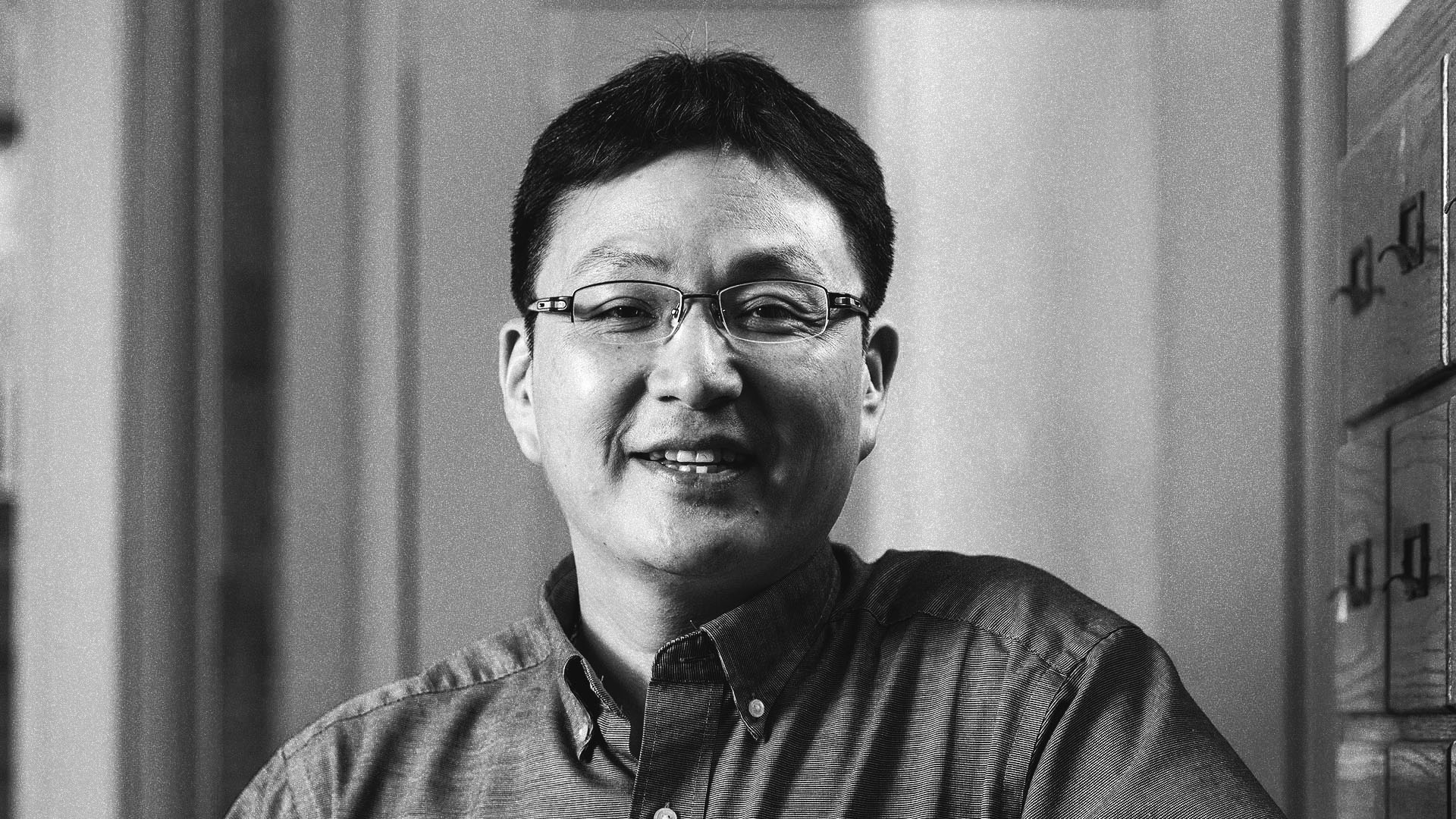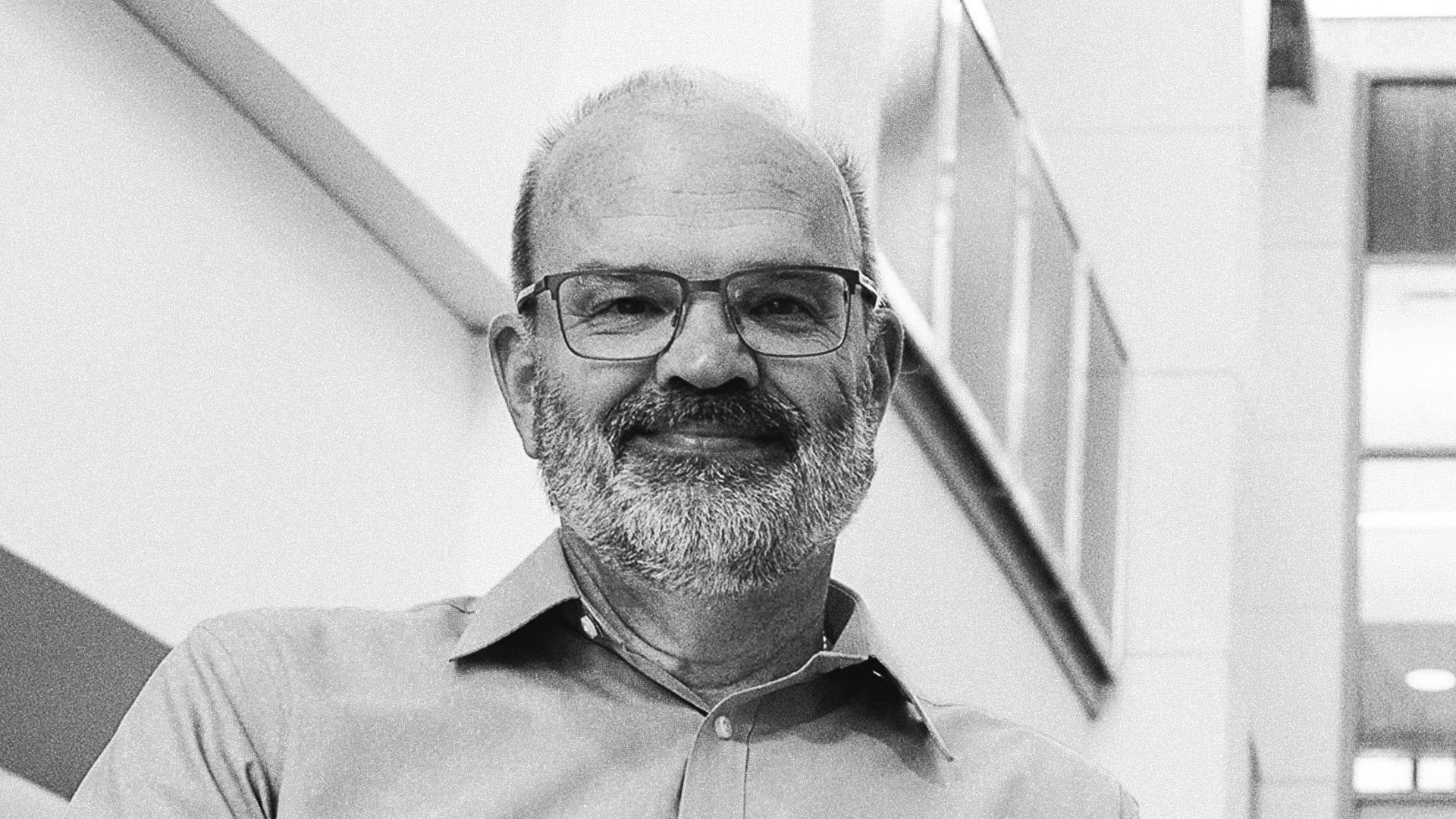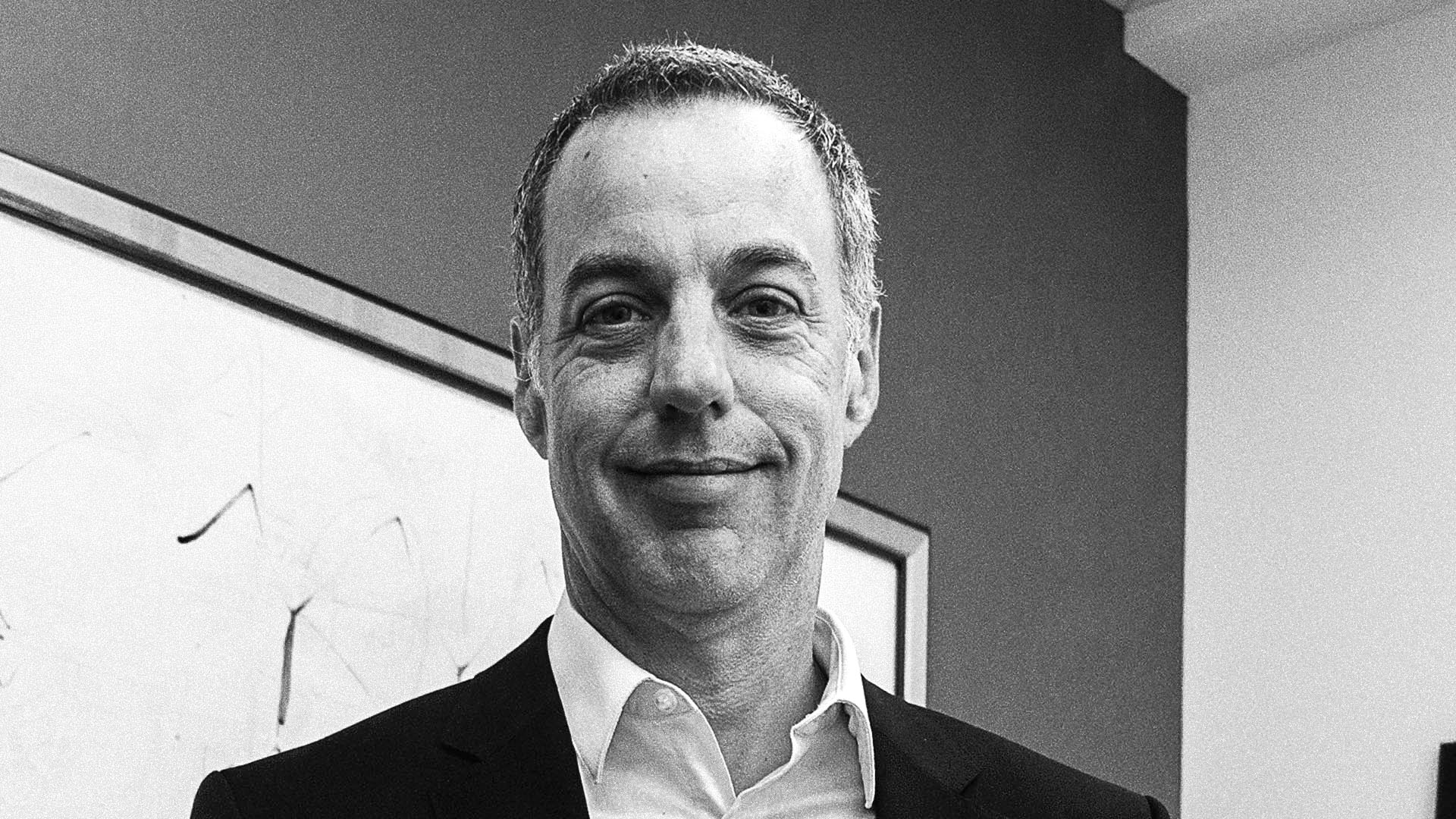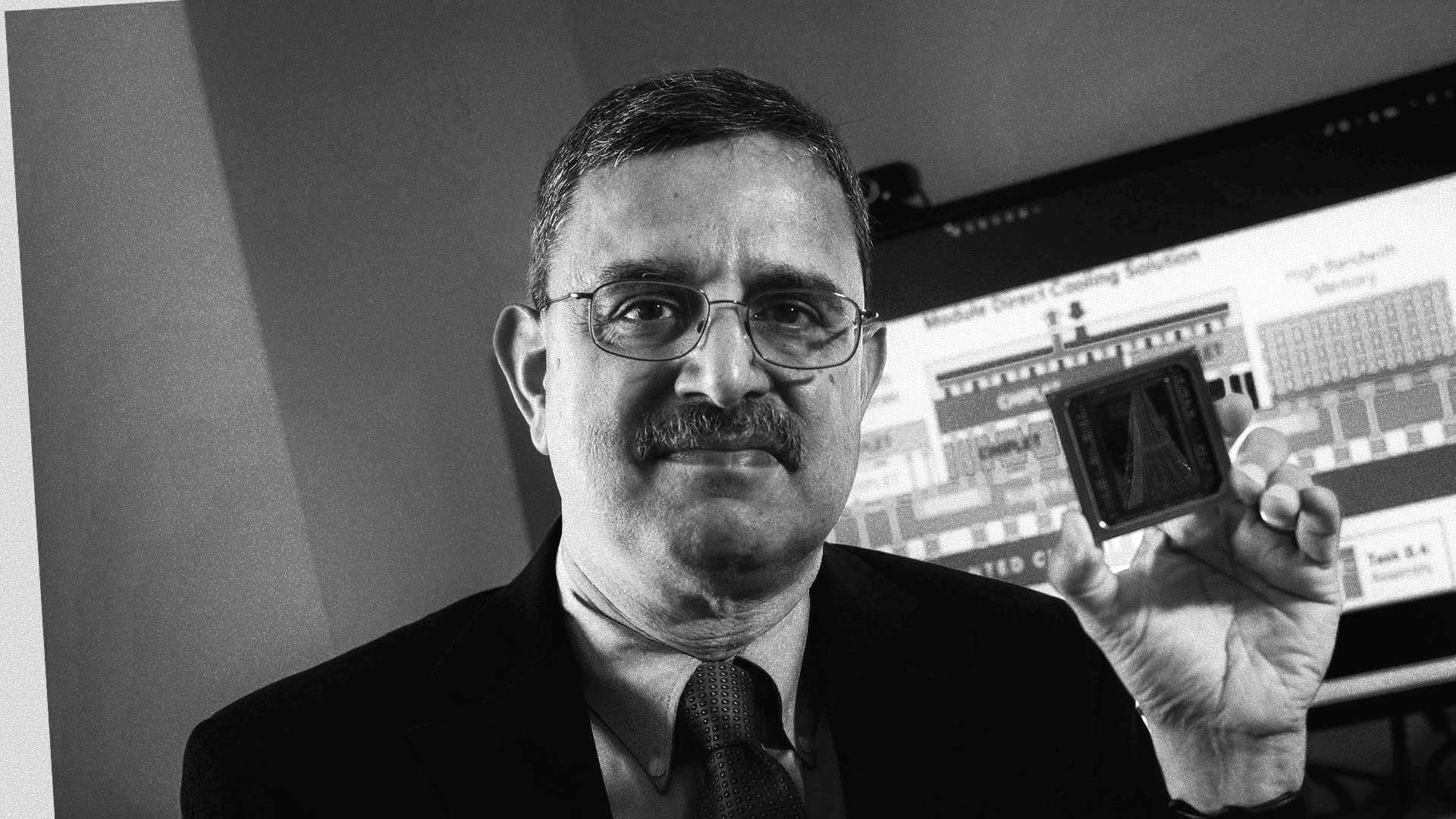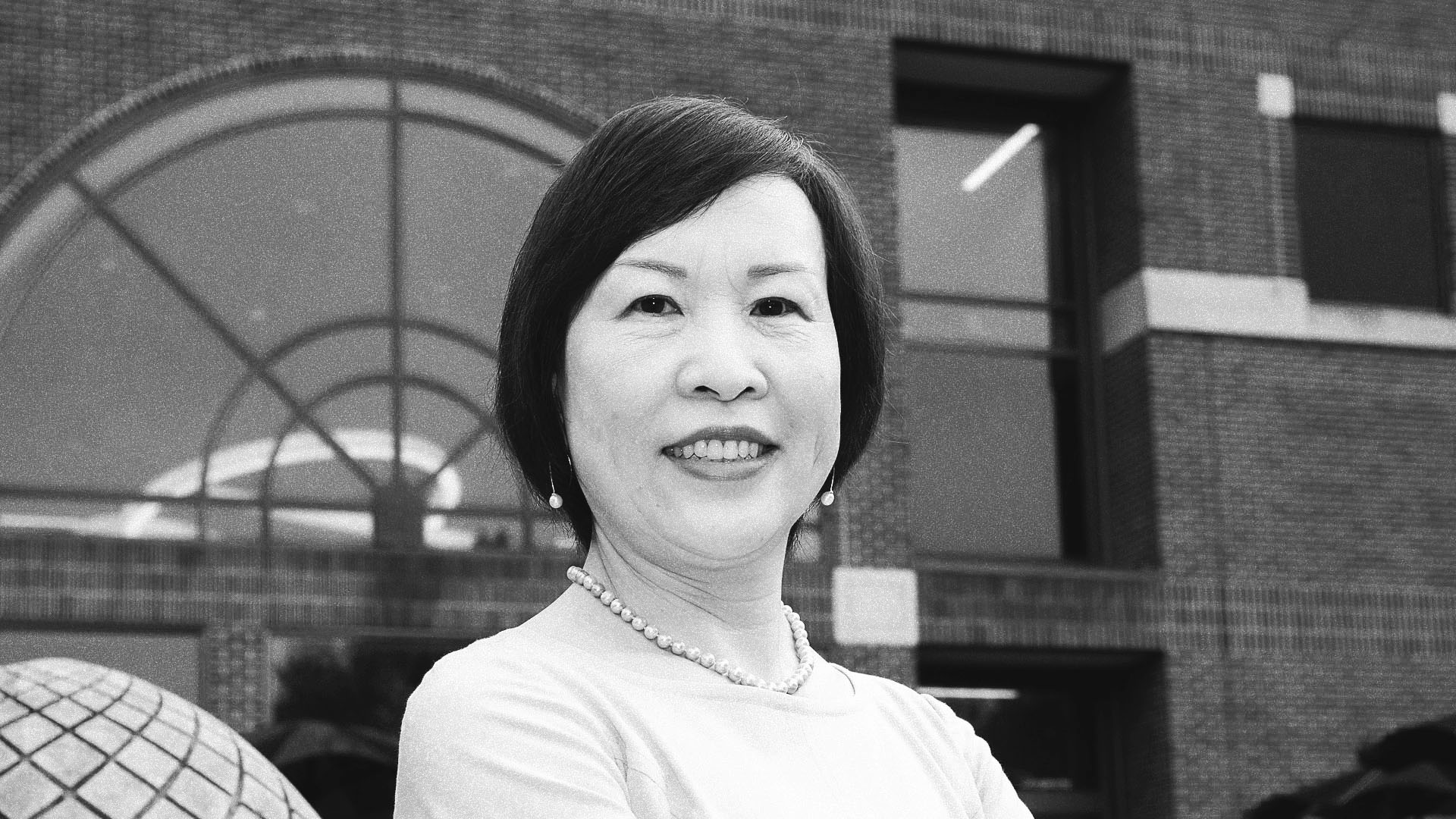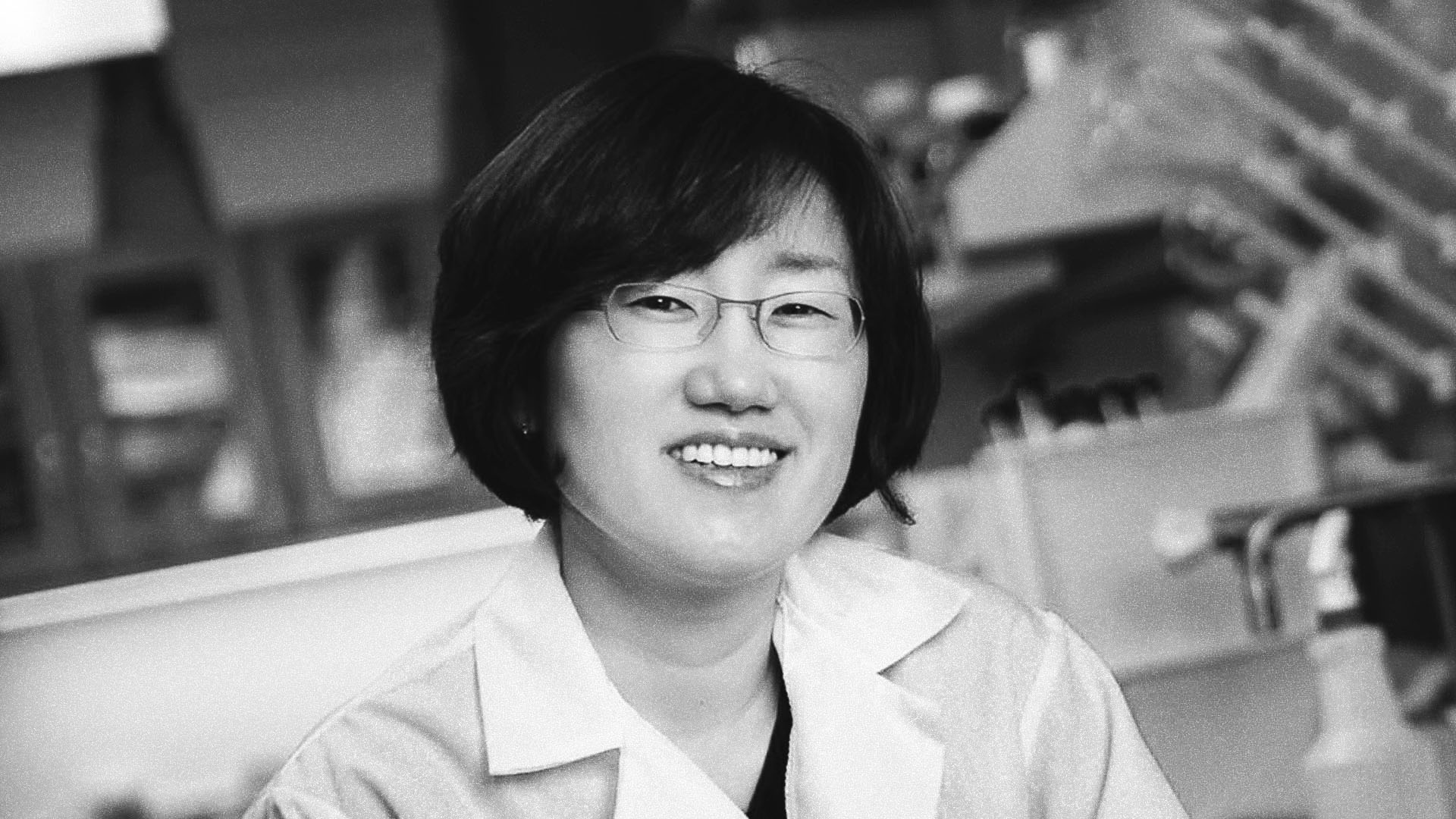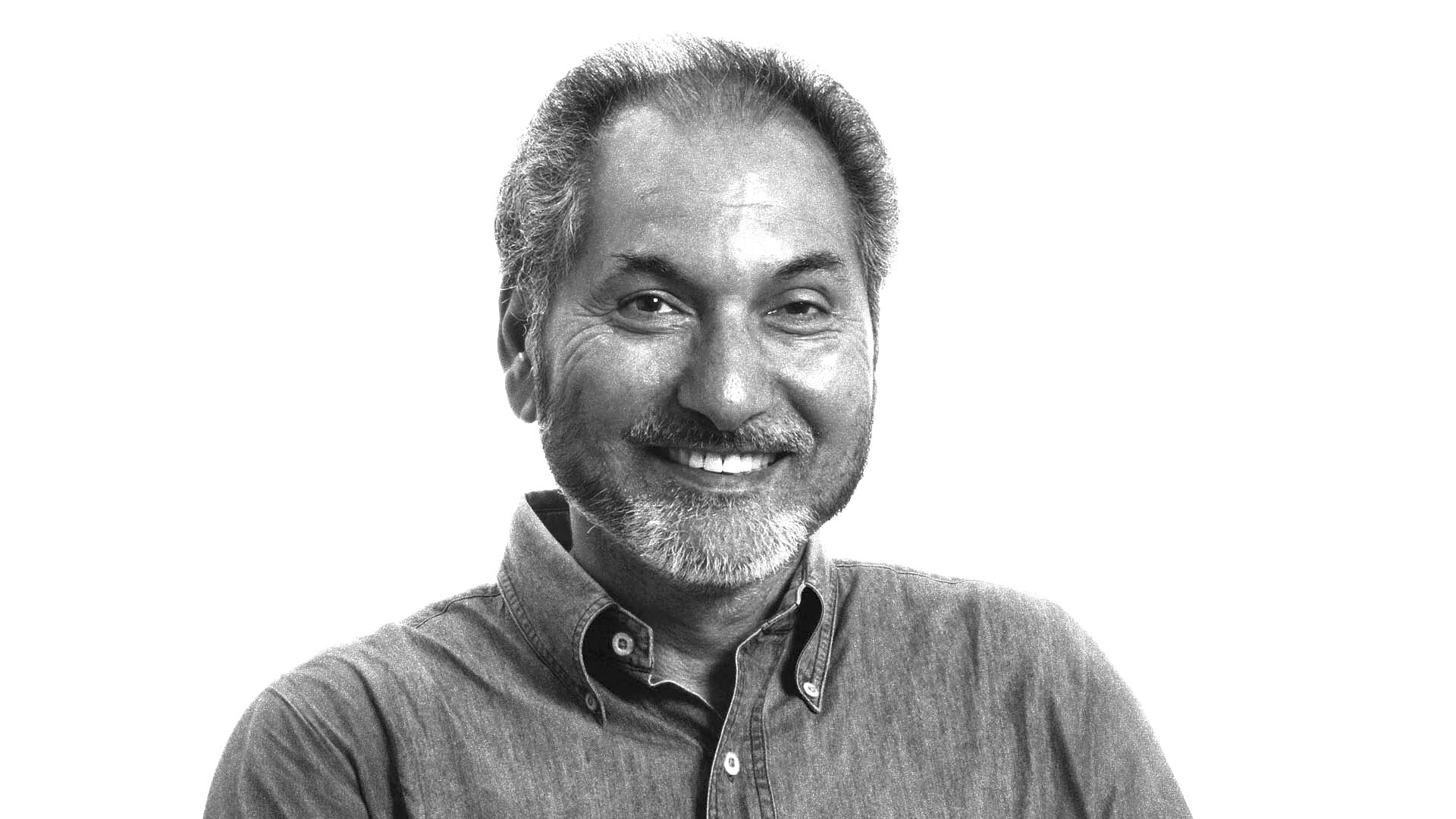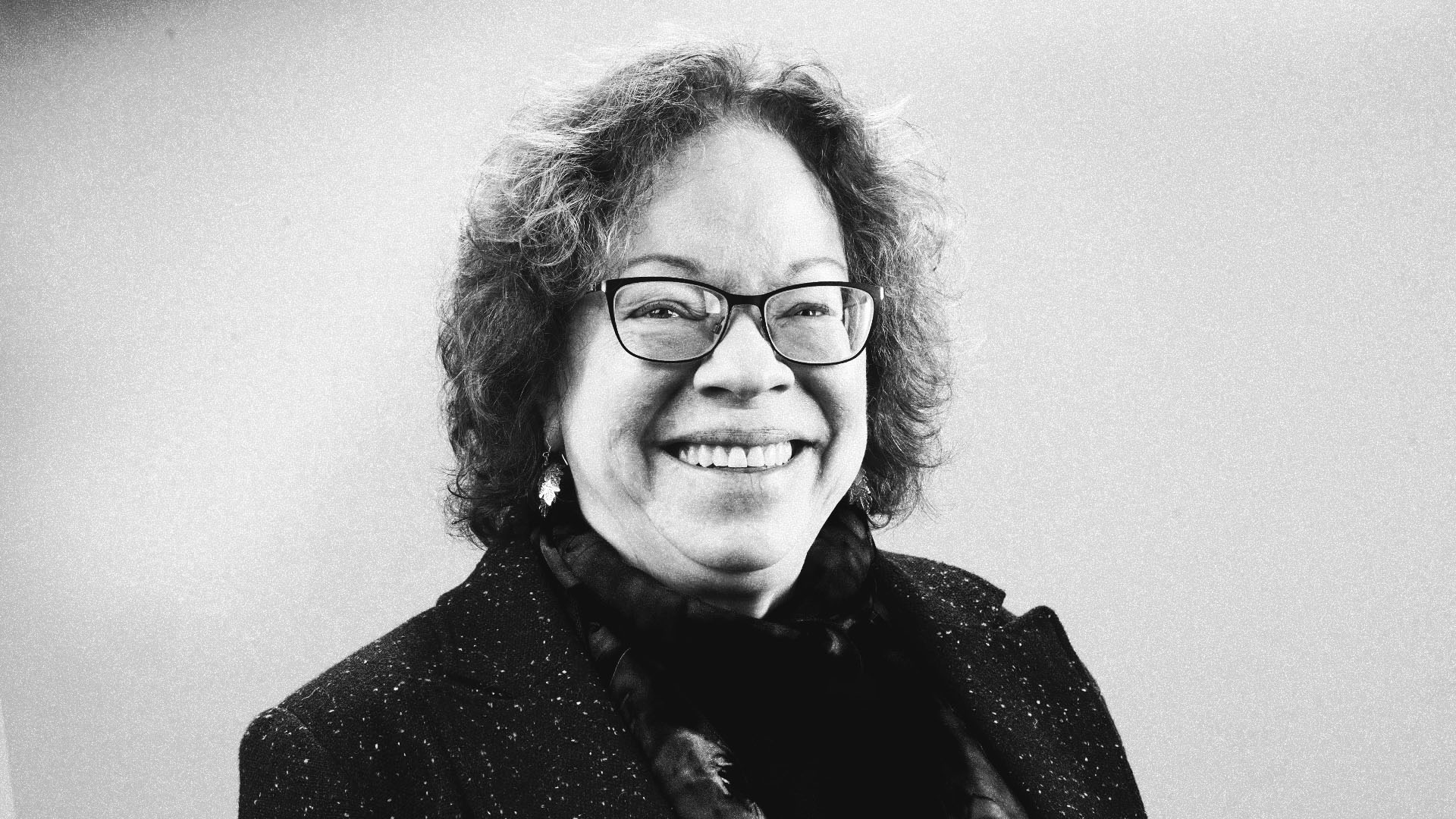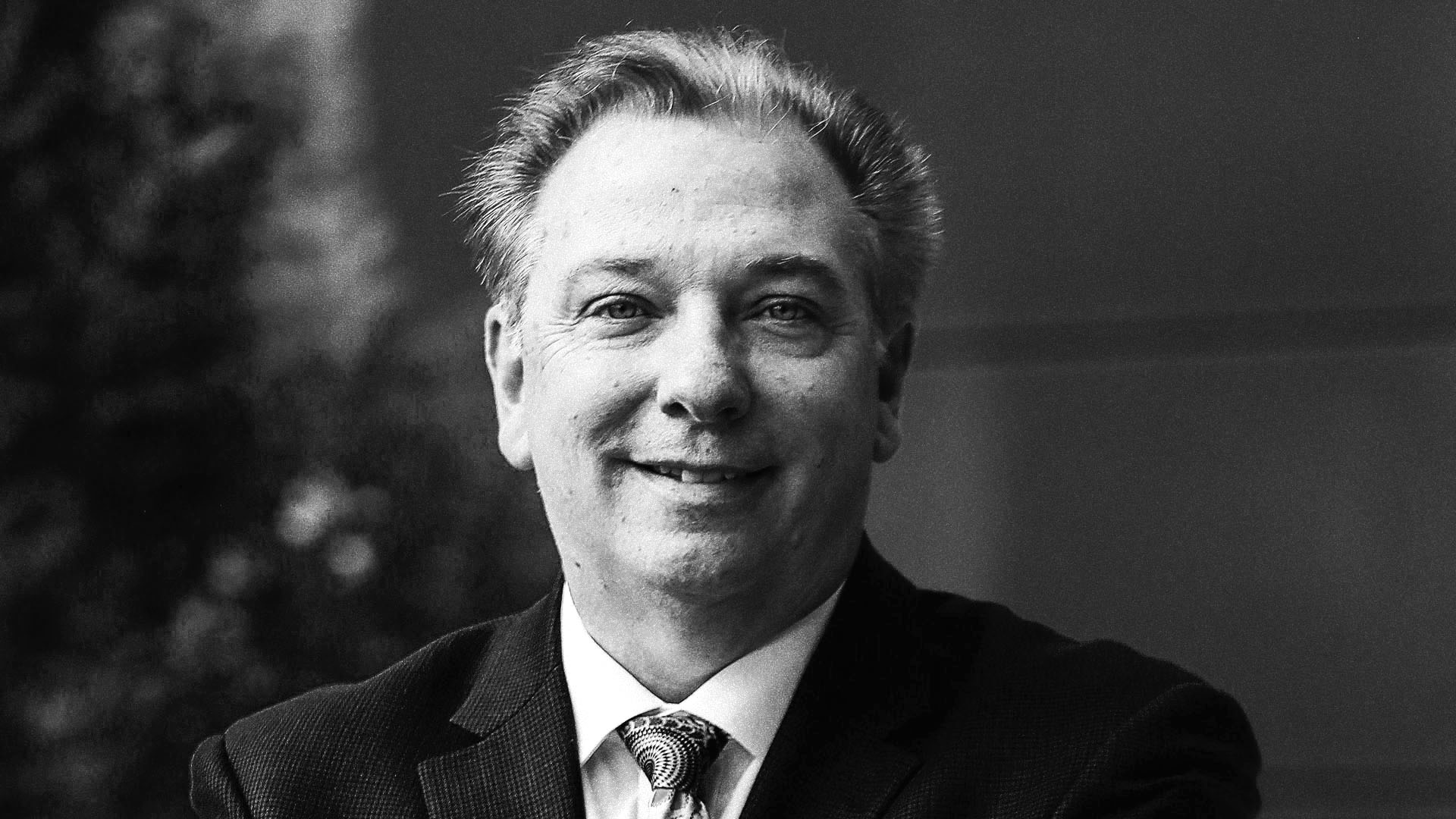Xiaoping Bao
William K. Luckow Assistant Professor of Chemical Engineering, Engineering
XIAOPING BAO is a global leader in stem cell differentiation and cell-based therapeutics for cancer and neurogenerative diseases. He studies the development of novel cell- and gene-based therapies for incurable human diseases—work that has earned him many recognitions, including the 2022 Young Investigators Award from Cell Tissues Organs, the CAREER Award from National Science Foundation, and the Stephen I. Katz Early Stage Investigator Research Project Grant from the National Institutes of Health.
Bao’s lab uses in vitro human models to study cardiovascular development and pathologies, providing novel insights into cell- and gene-based therapies. He has developed novel, cost-effective protocols to generate and manufacture de novo hematopoietic and immune cells for targeted cell therapies. These cells have demonstrated the ability to rescue bloodless fish and extend the lifespan of tumor-bearing mice after transplantation.
Bao’s work will be instrumental in manufacturing therapeutic cells and designing studies for preclinical and clinical cardiovascular diseases and cancers.
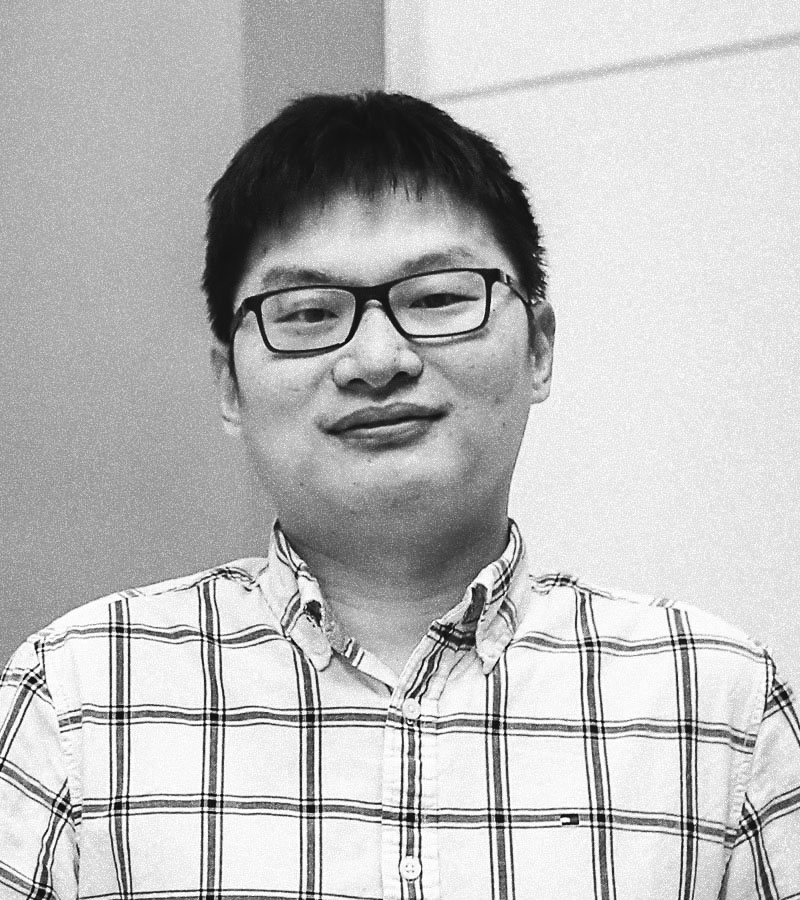
Xiaoping Bao
William K. Luckow Assistant Professor of Chemical Engineering, Engineering
XIAOPING BAO is a global leader in stem cell differentiation and cell-based therapeutics for cancer and neurogenerative diseases. He studies the development of novel cell- and gene-based therapies for incurable human diseases—work that has earned him many recognitions, including the 2022 Young Investigators Award from Cell Tissues Organs, the CAREER Award from National Science Foundation, and the Stephen I. Katz Early Stage Investigator Research Project Grant from the National Institutes of Health.
Bao’s lab uses in vitro human models to study cardiovascular development and pathologies, providing novel insights into cell- and gene-based therapies. He has developed novel, cost-effective protocols to generate and manufacture de novo hematopoietic and immune cells for targeted cell therapies. These cells have demonstrated the ability to rescue bloodless fish and extend the lifespan of tumor-bearing mice after transplantation.
Bao’s work will be instrumental in manufacturing therapeutic cells and designing studies for preclinical and clinical cardiovascular diseases and cancers.



